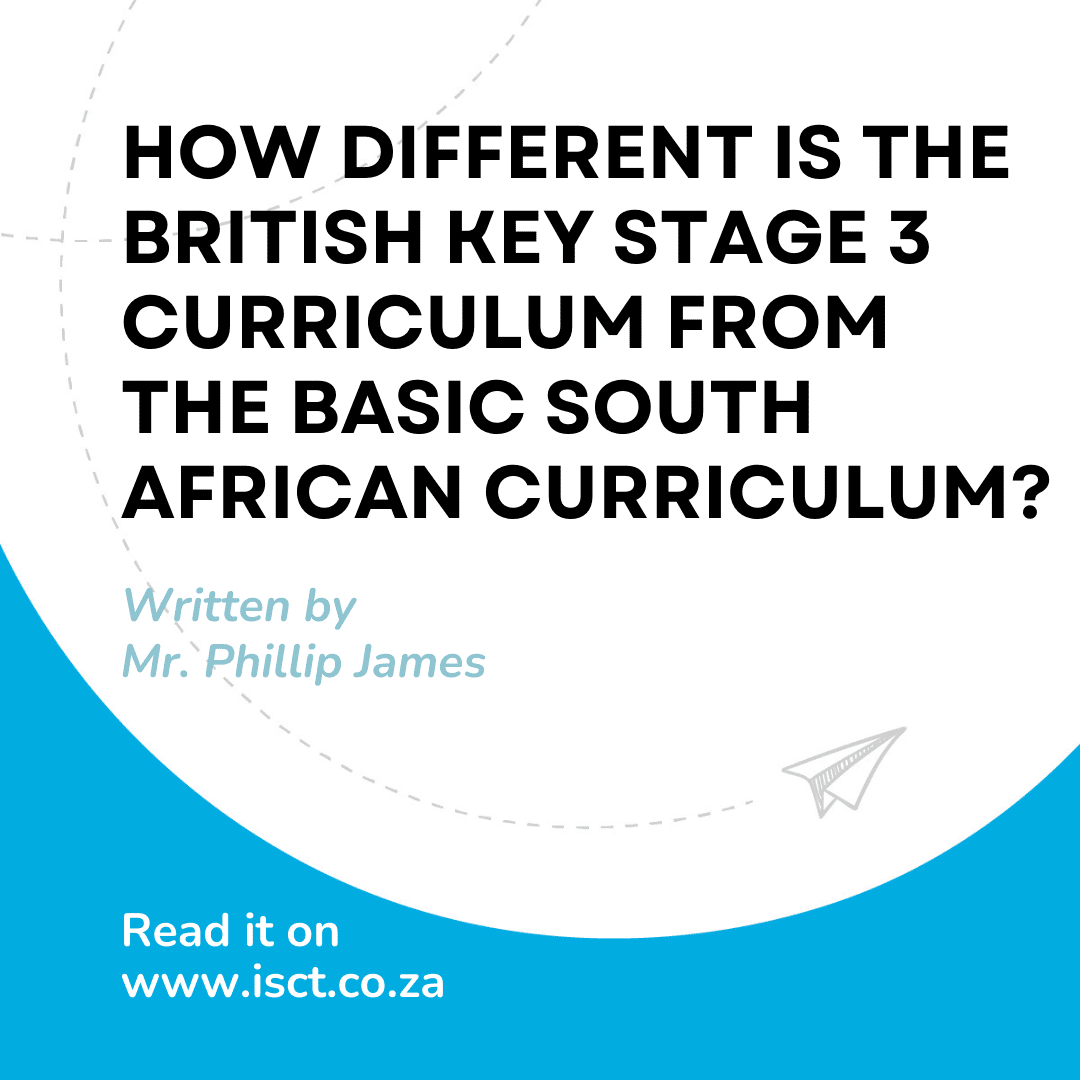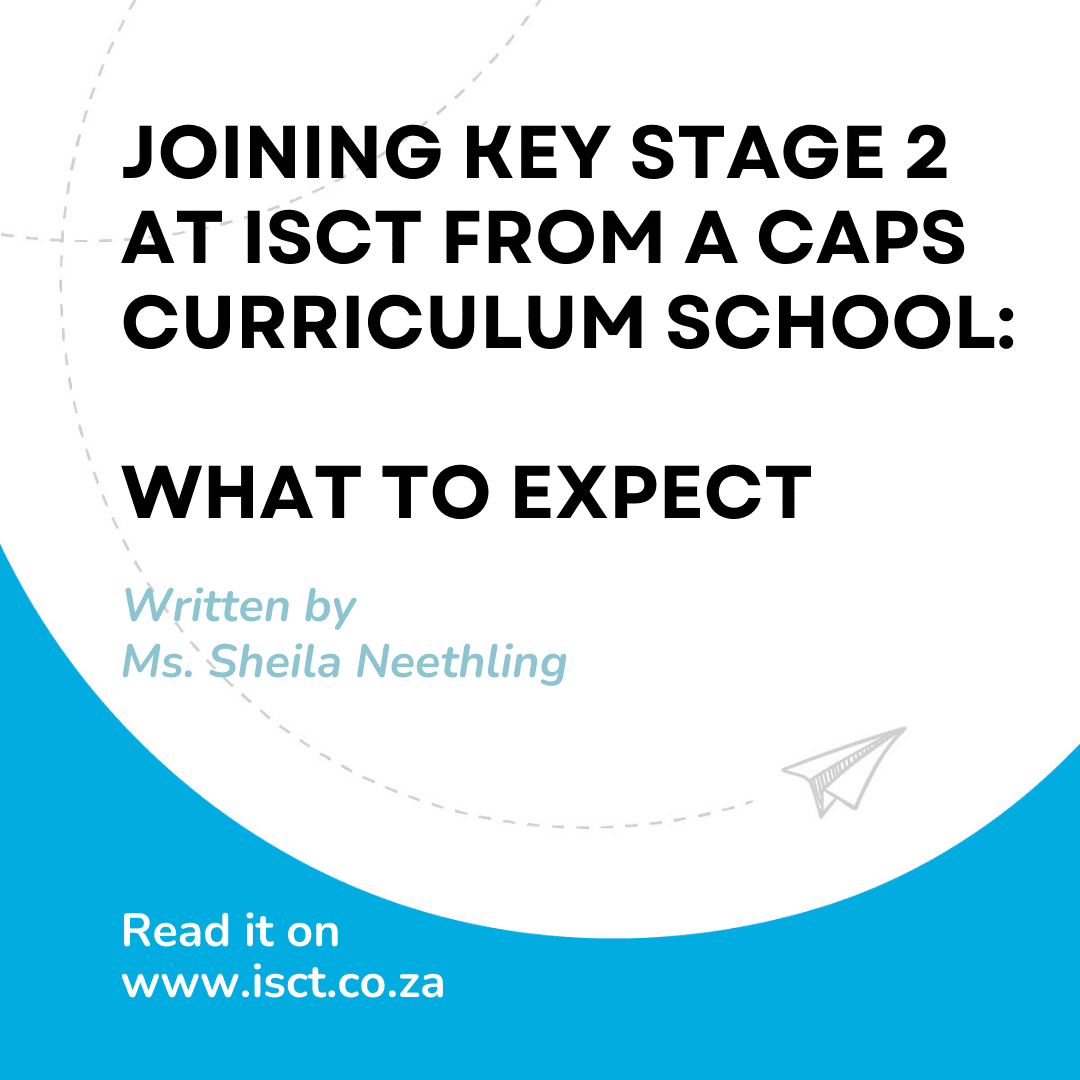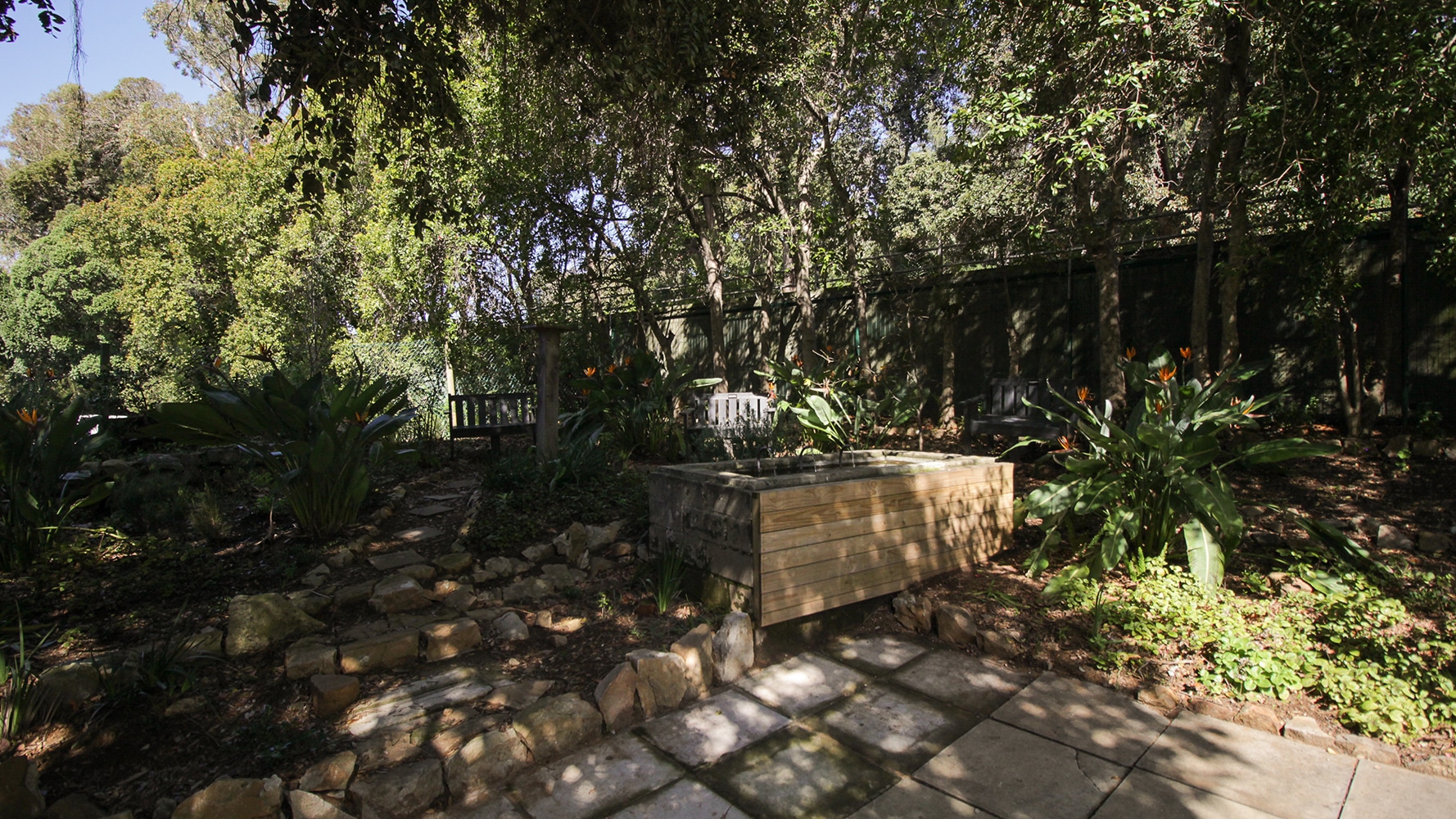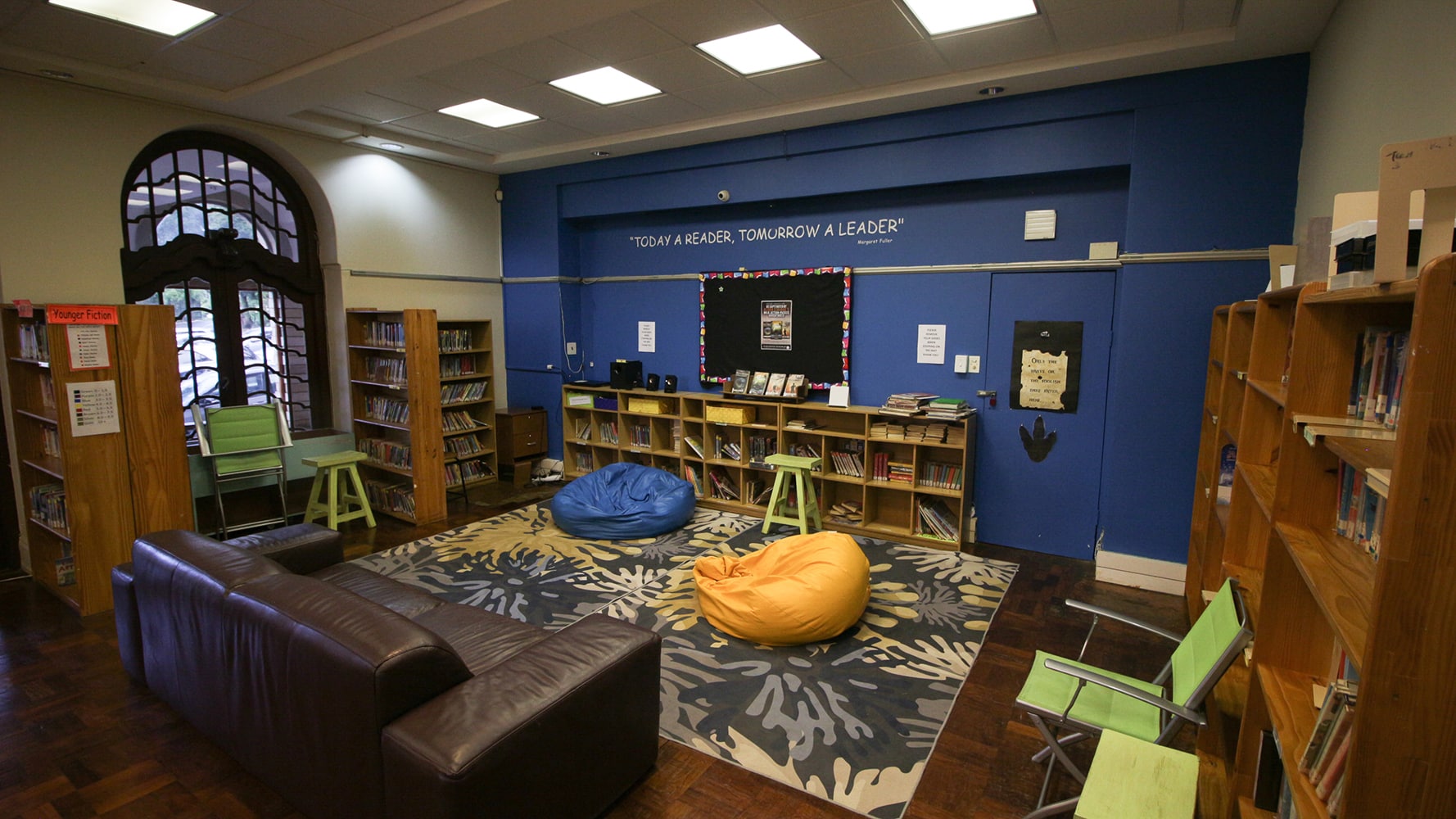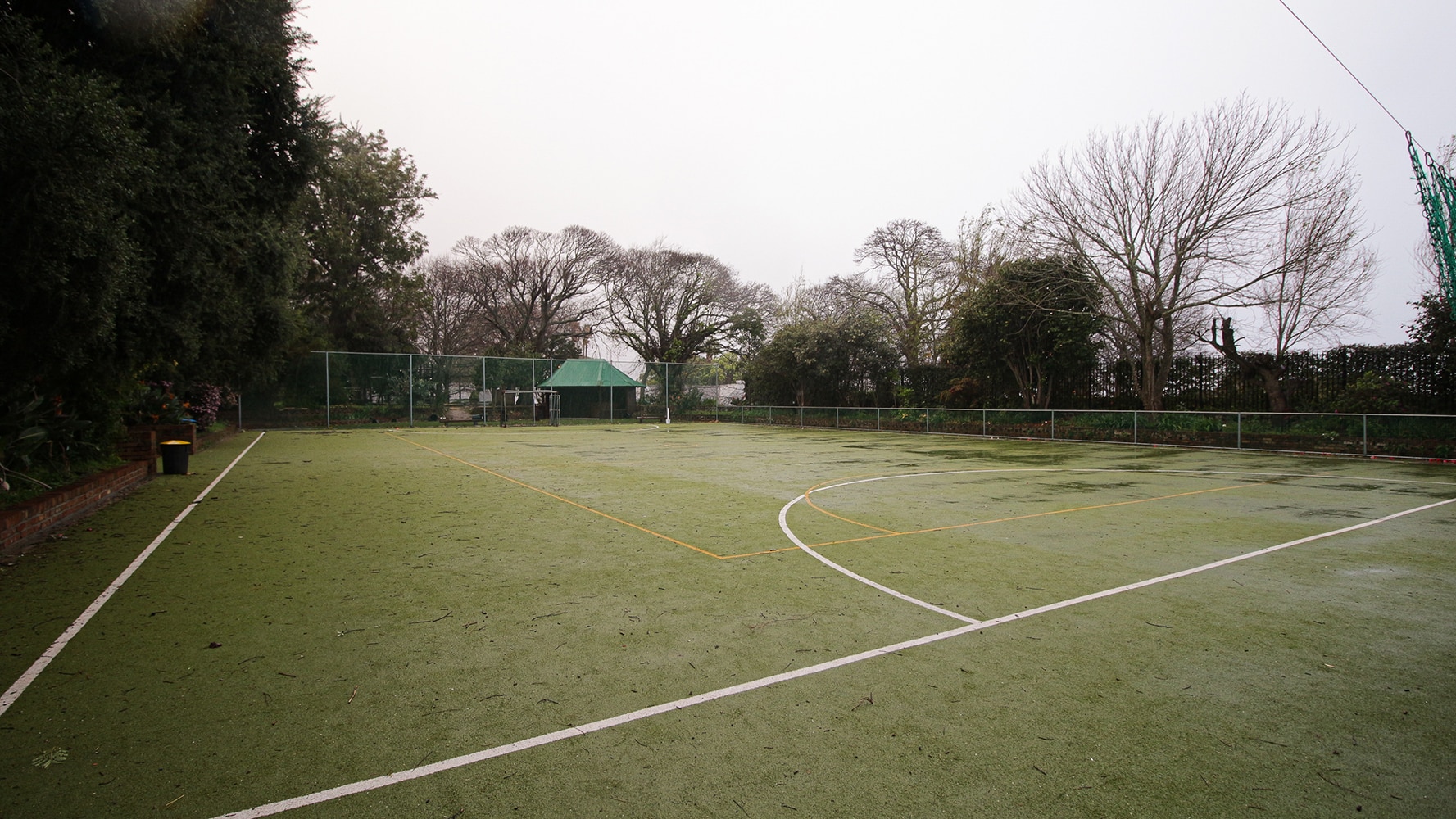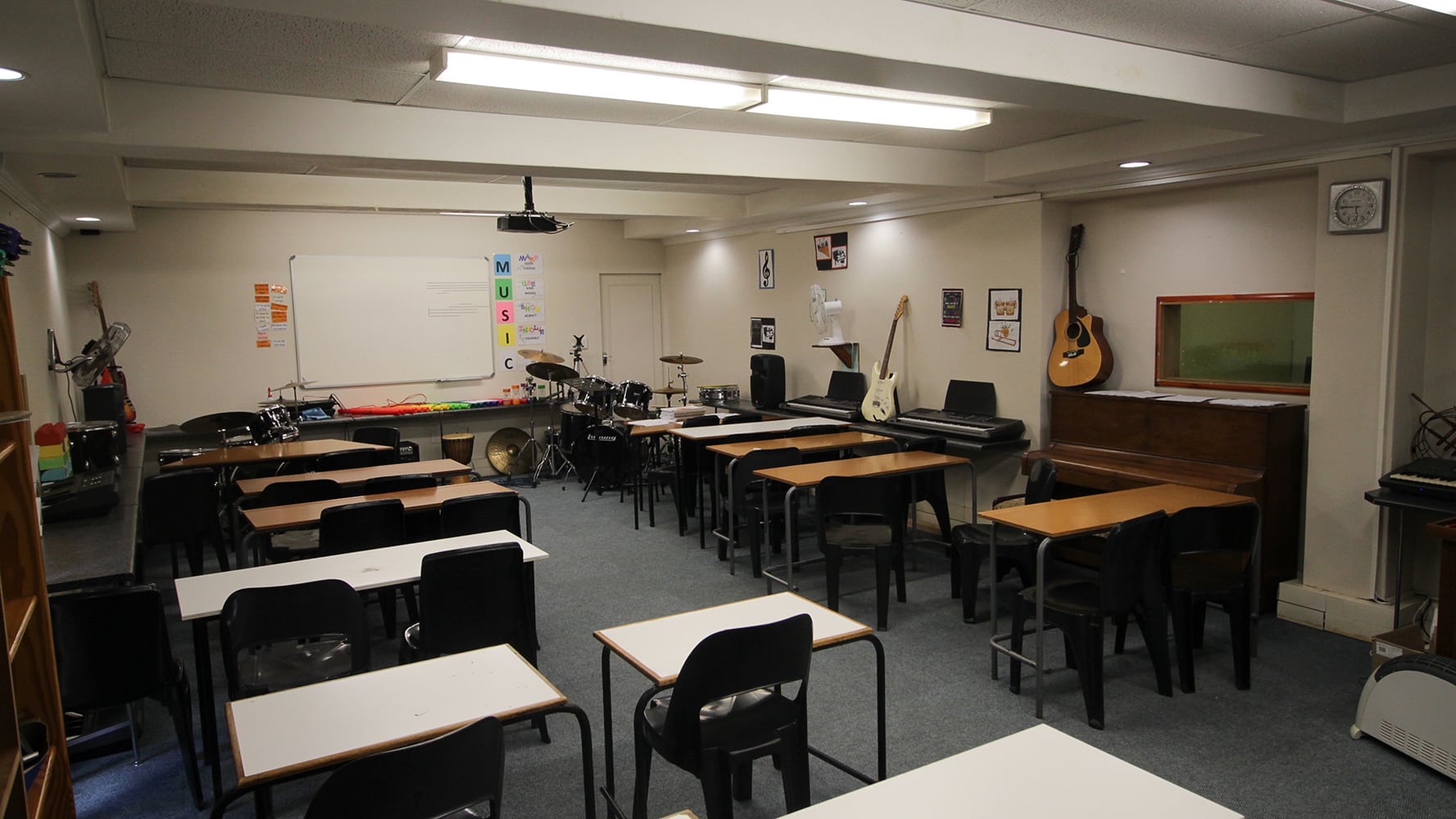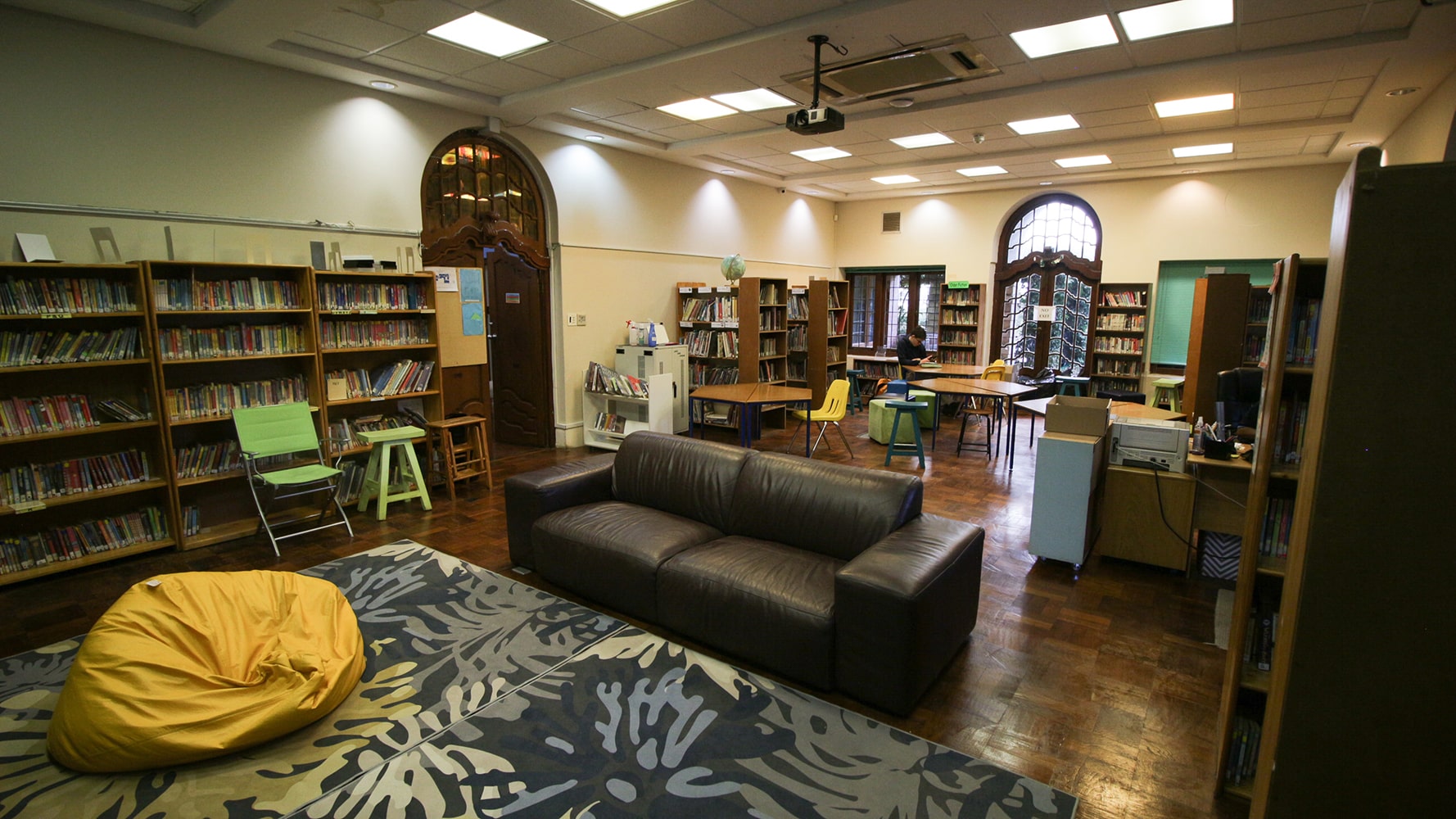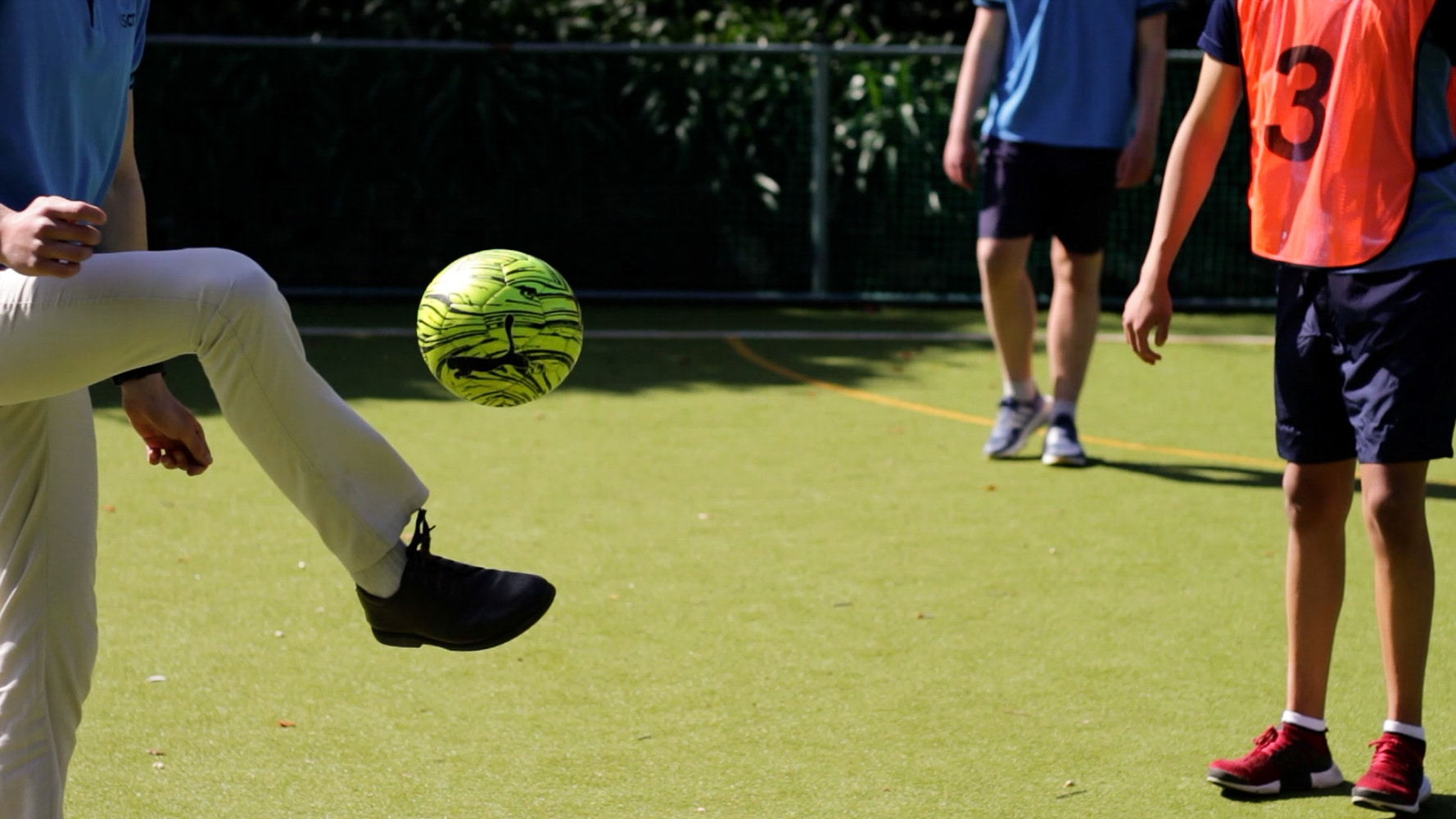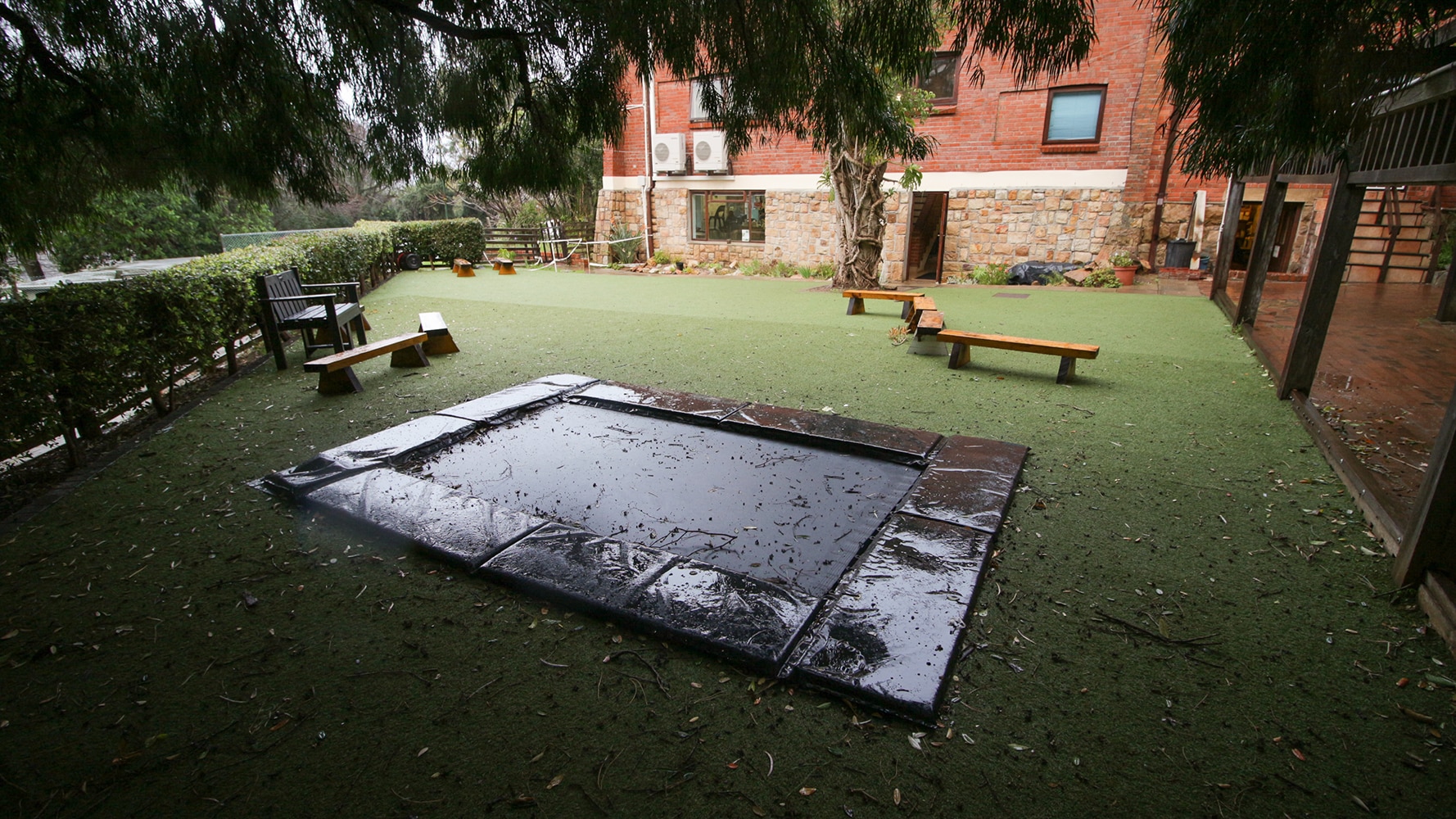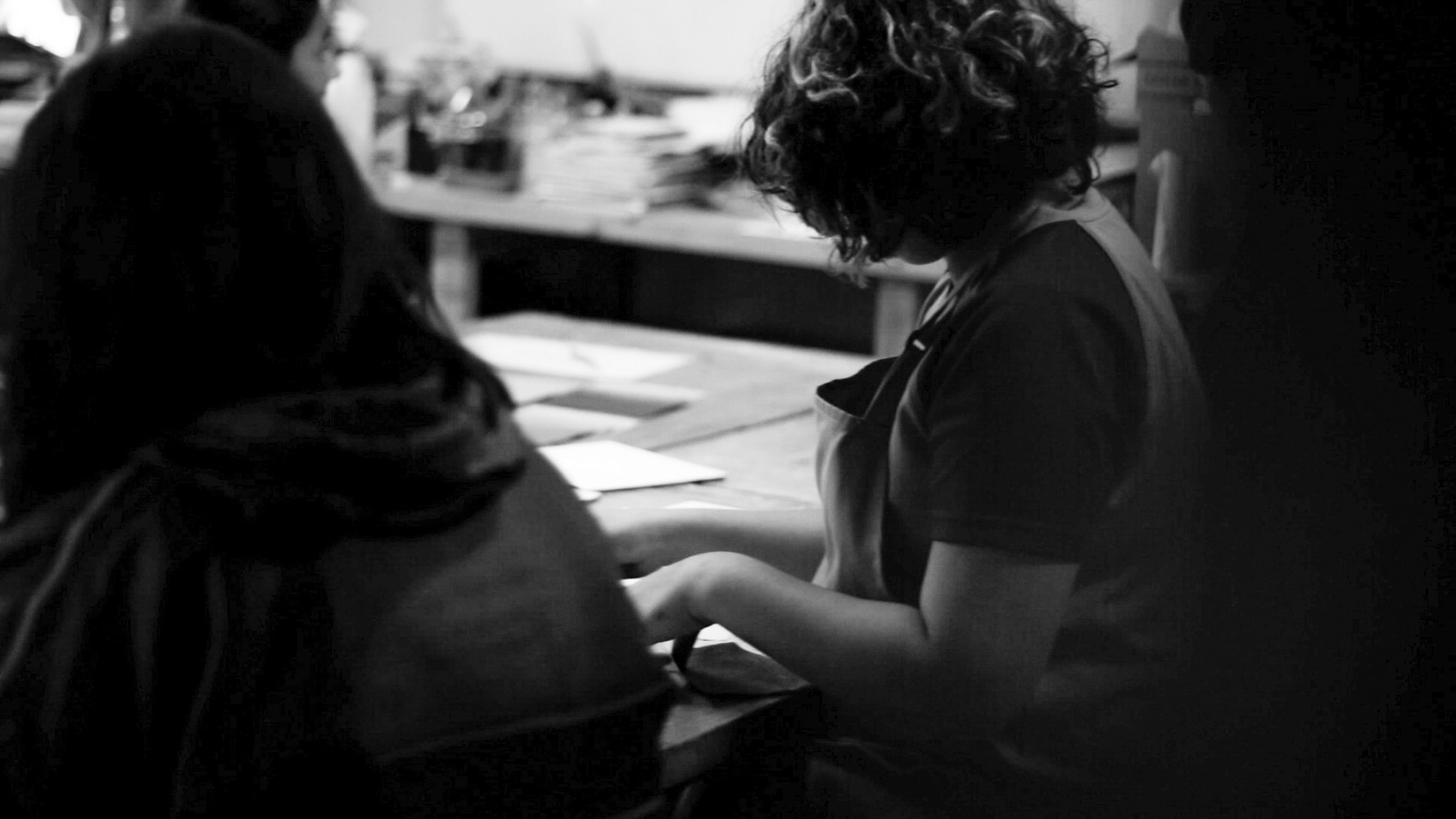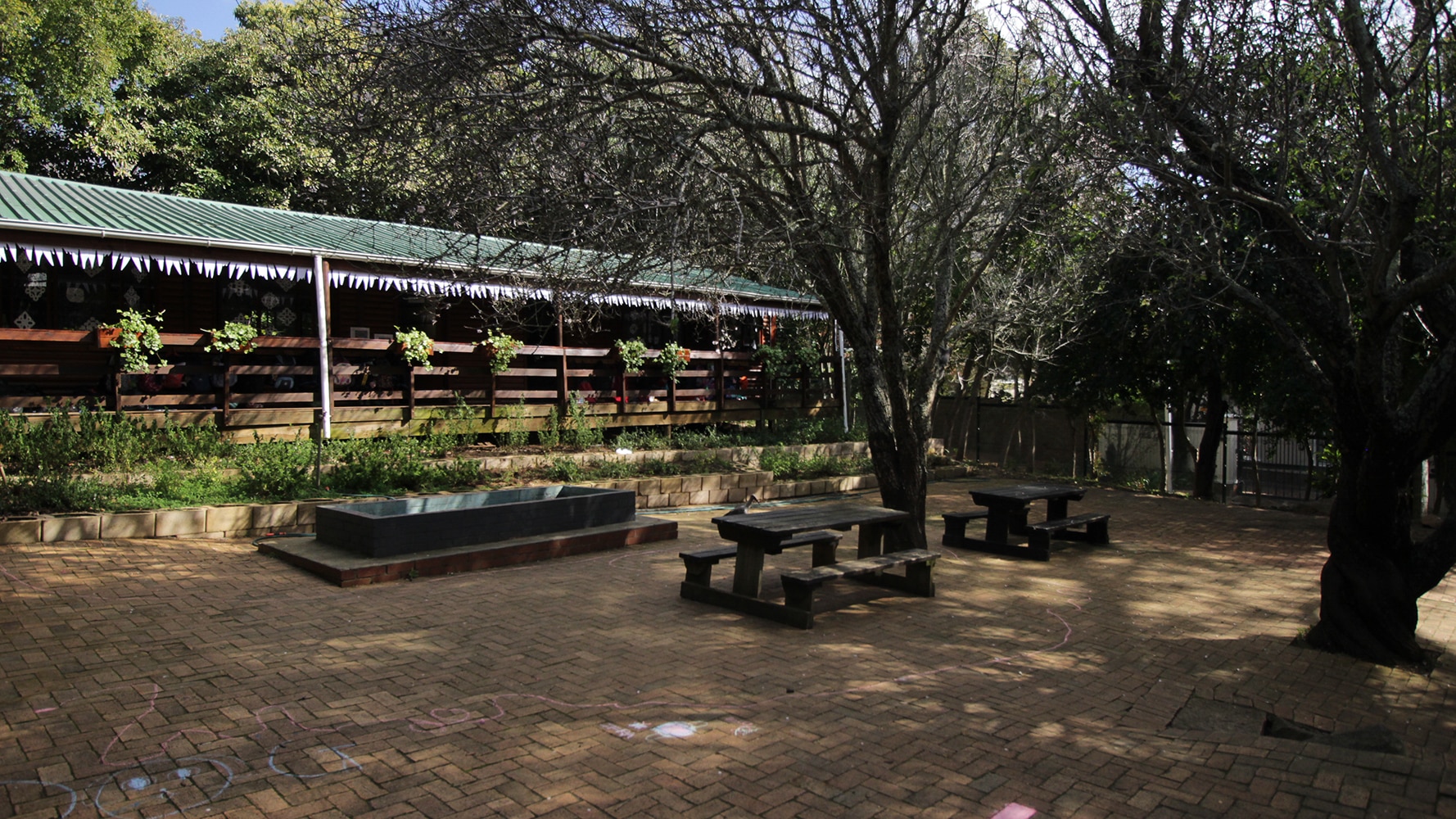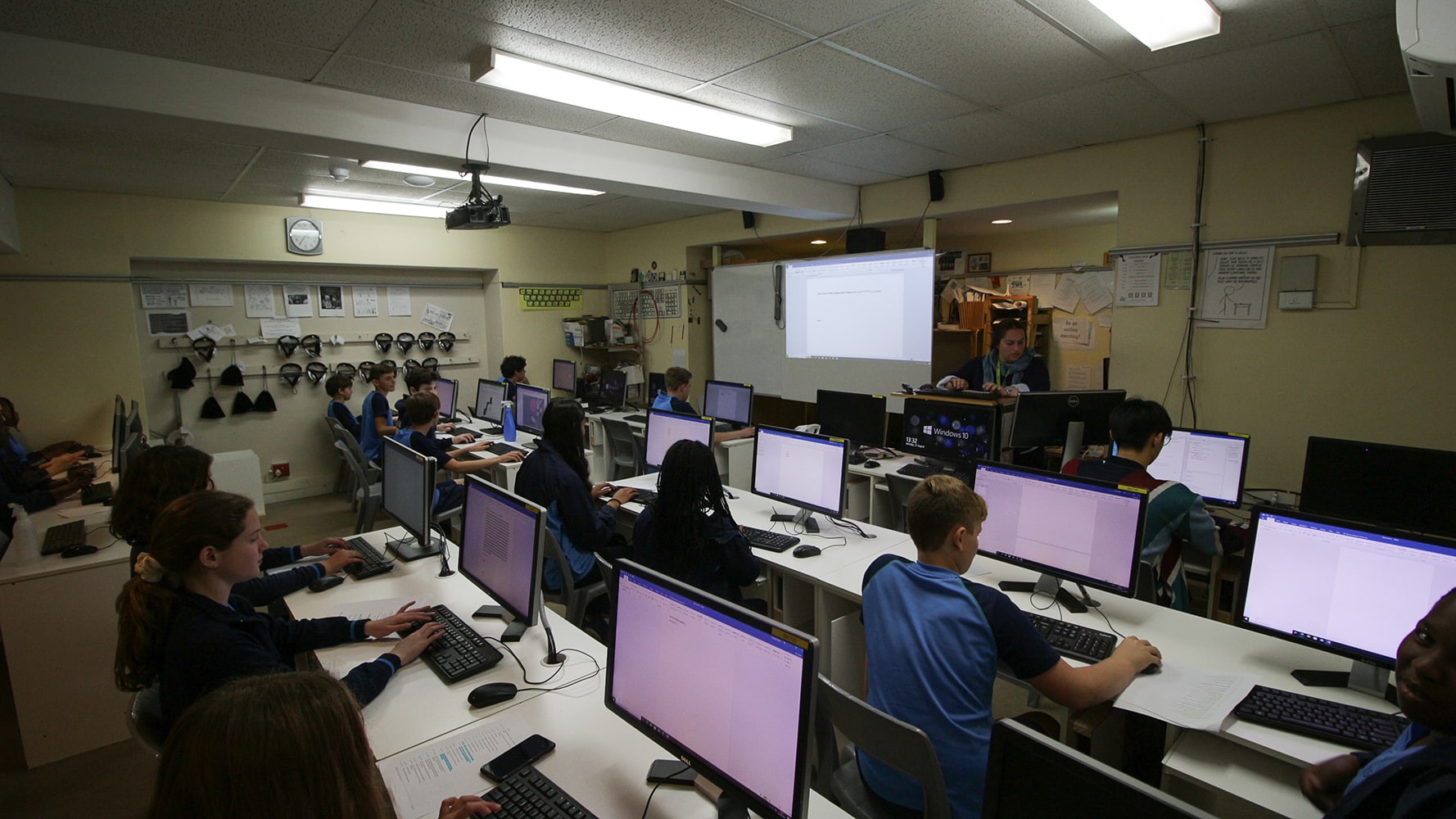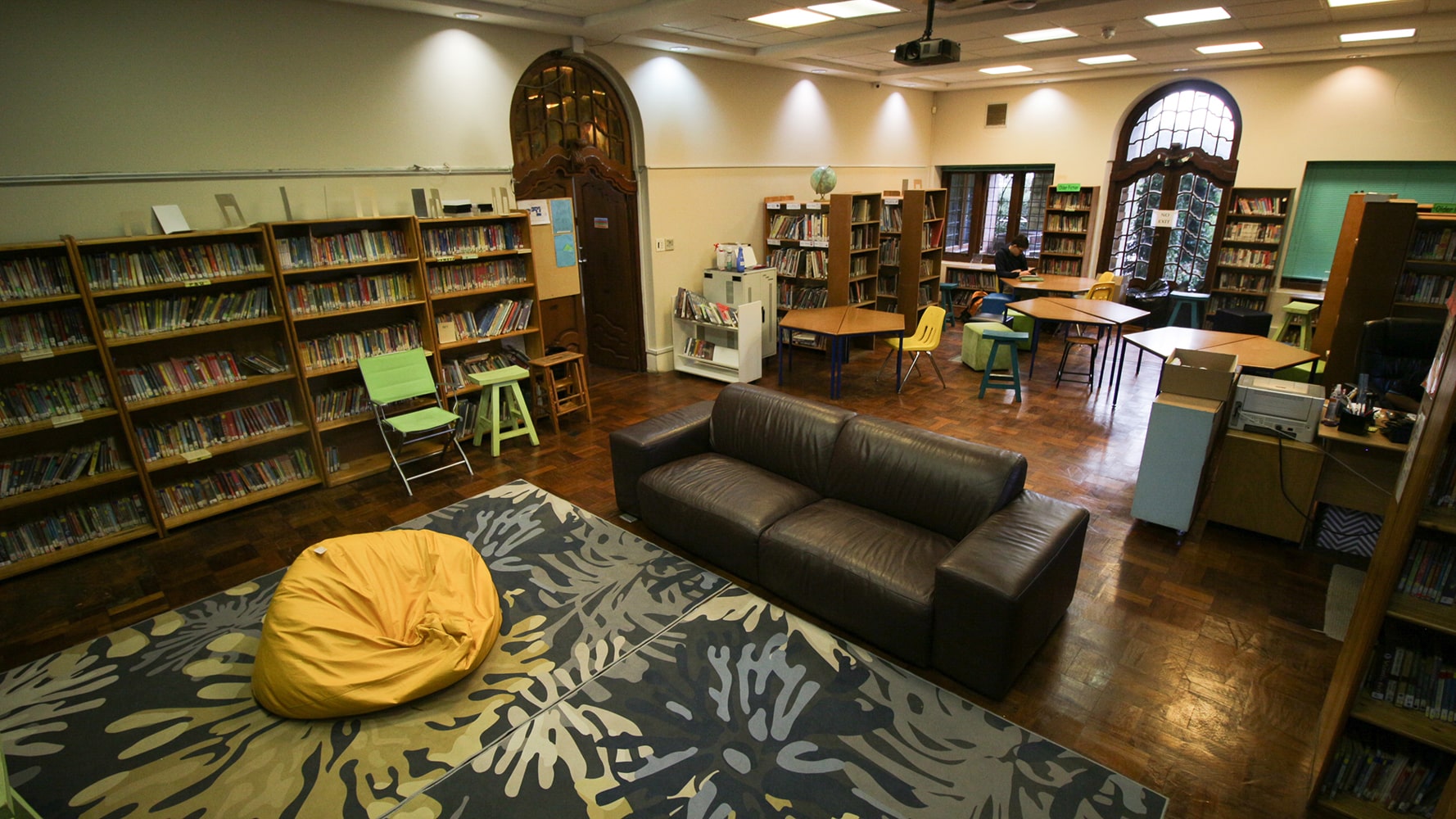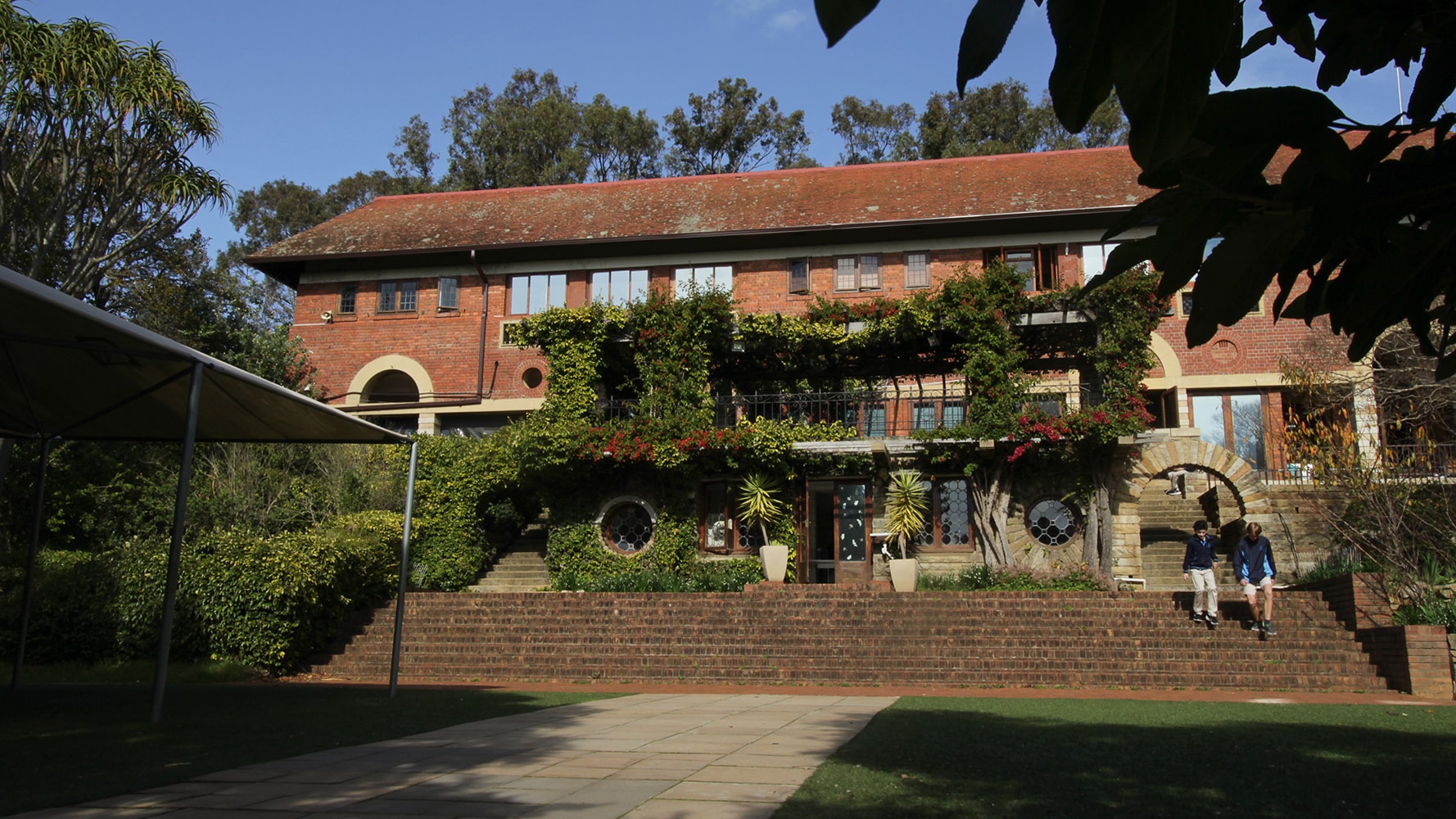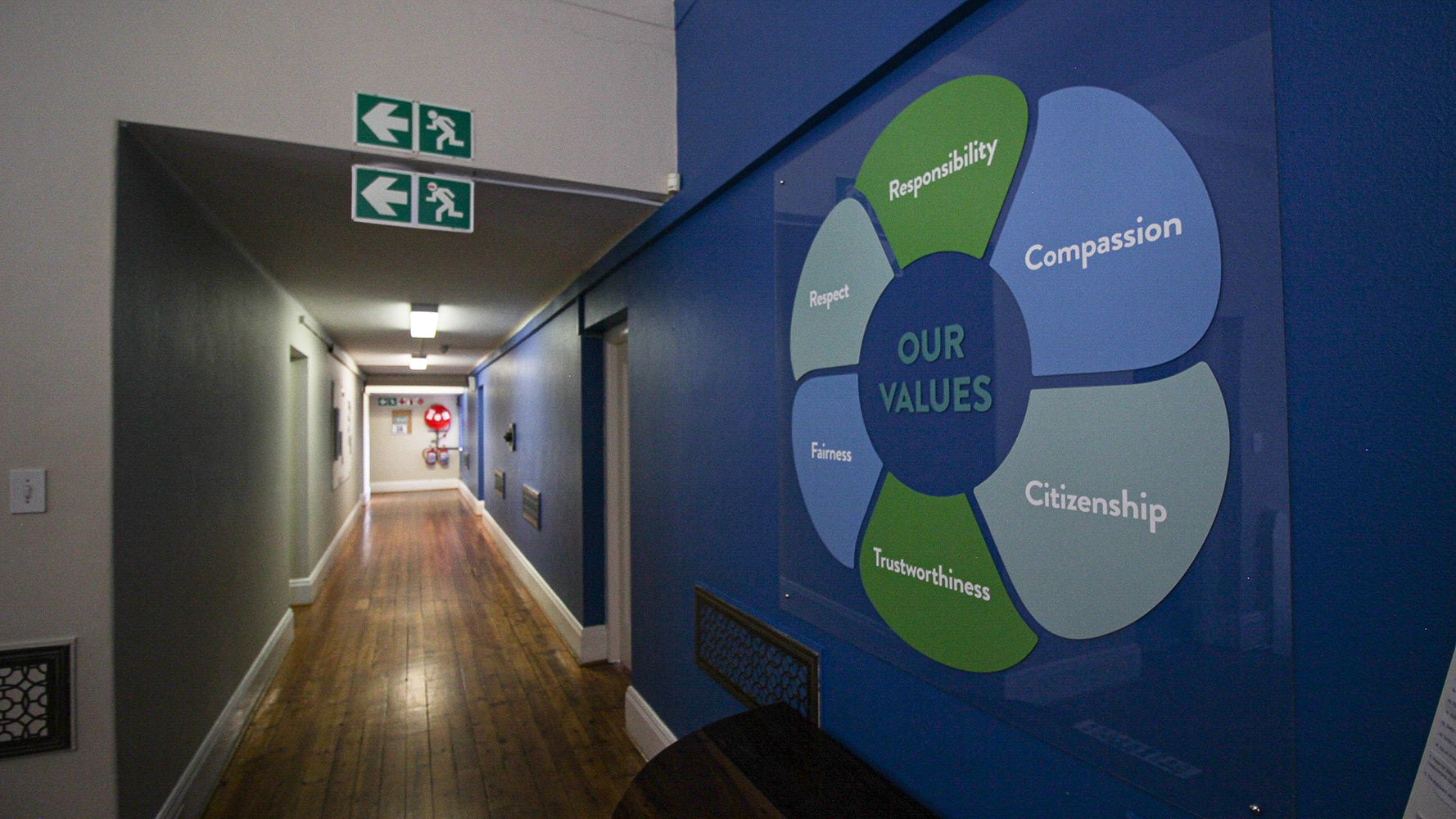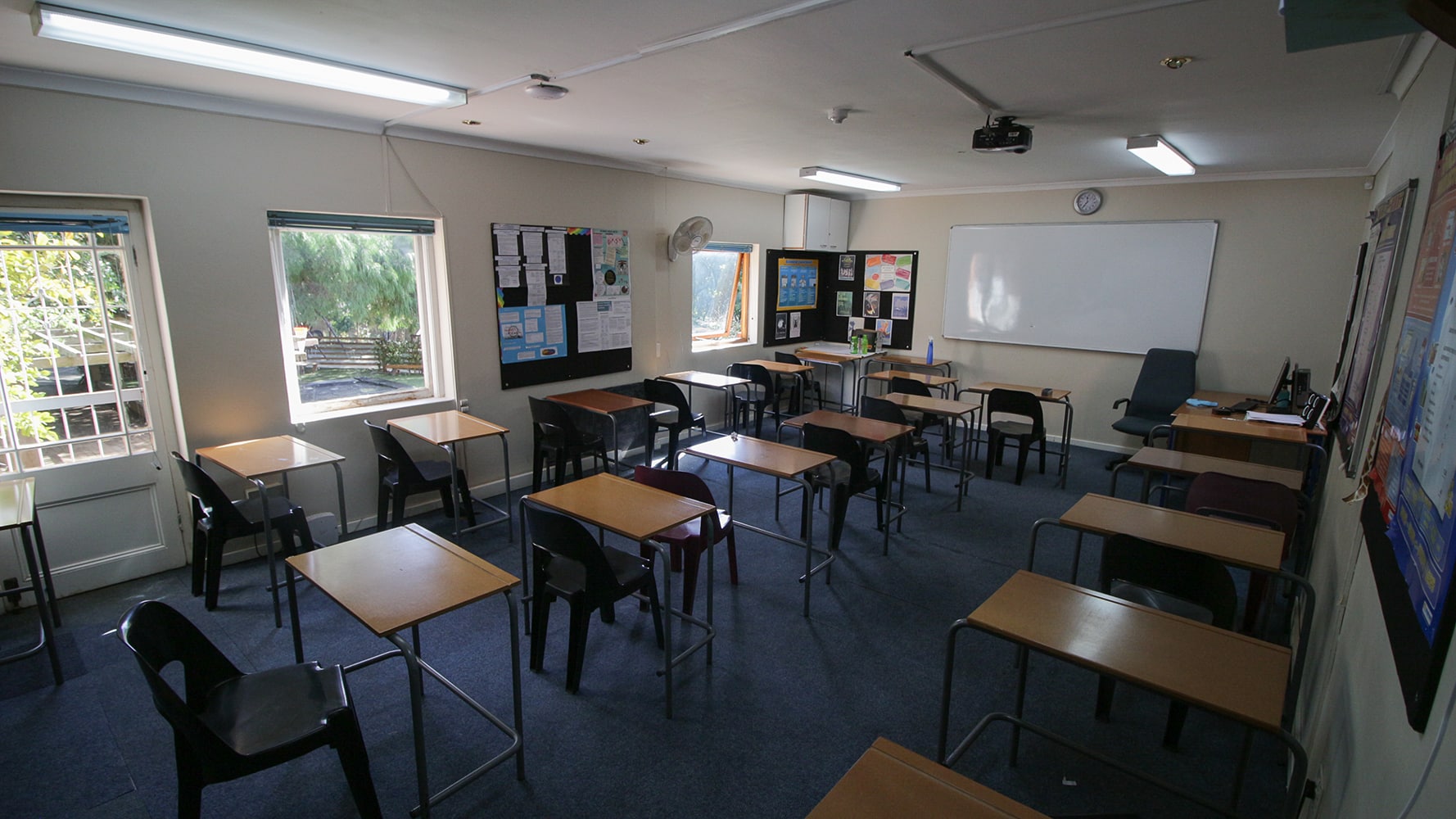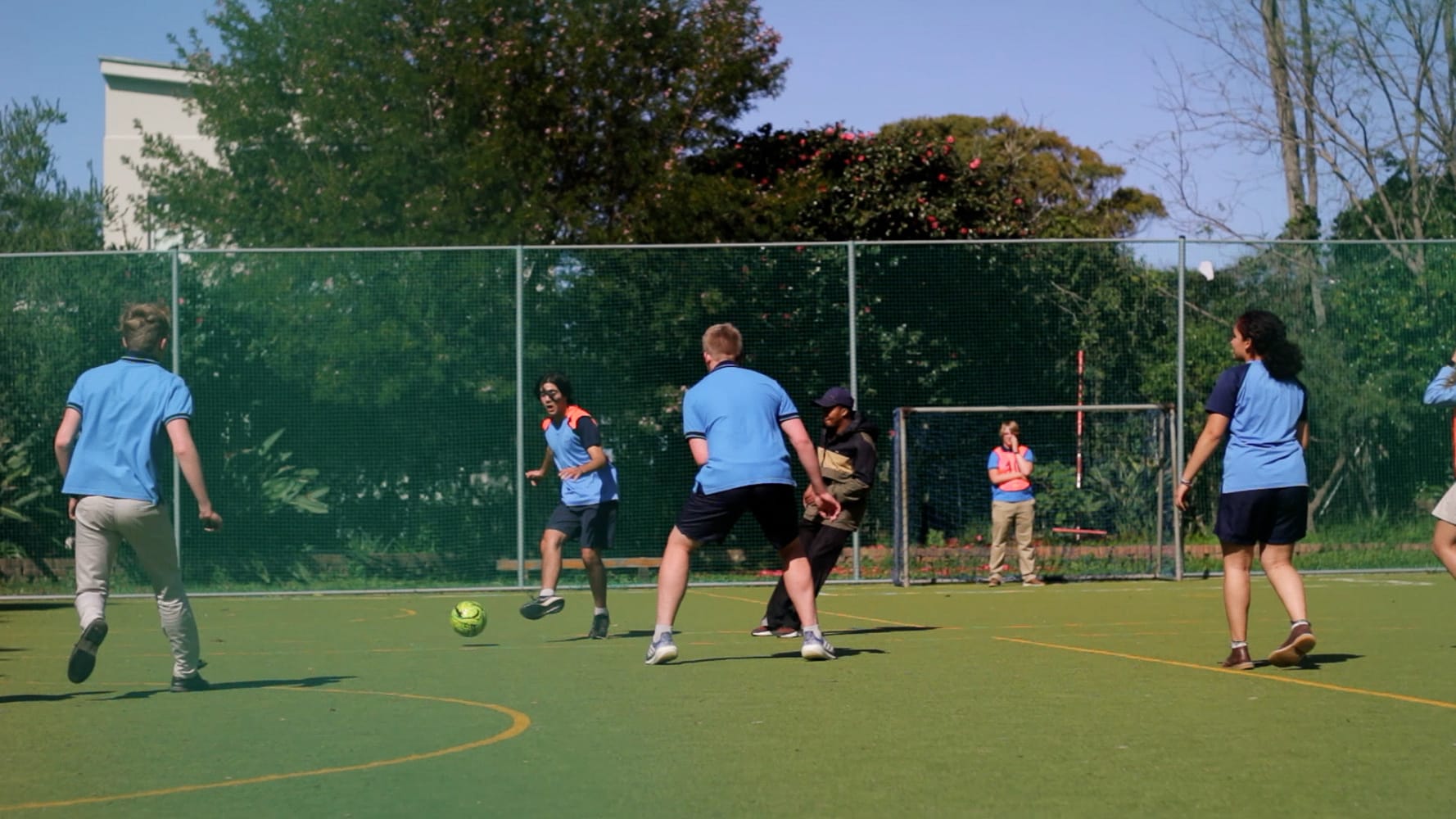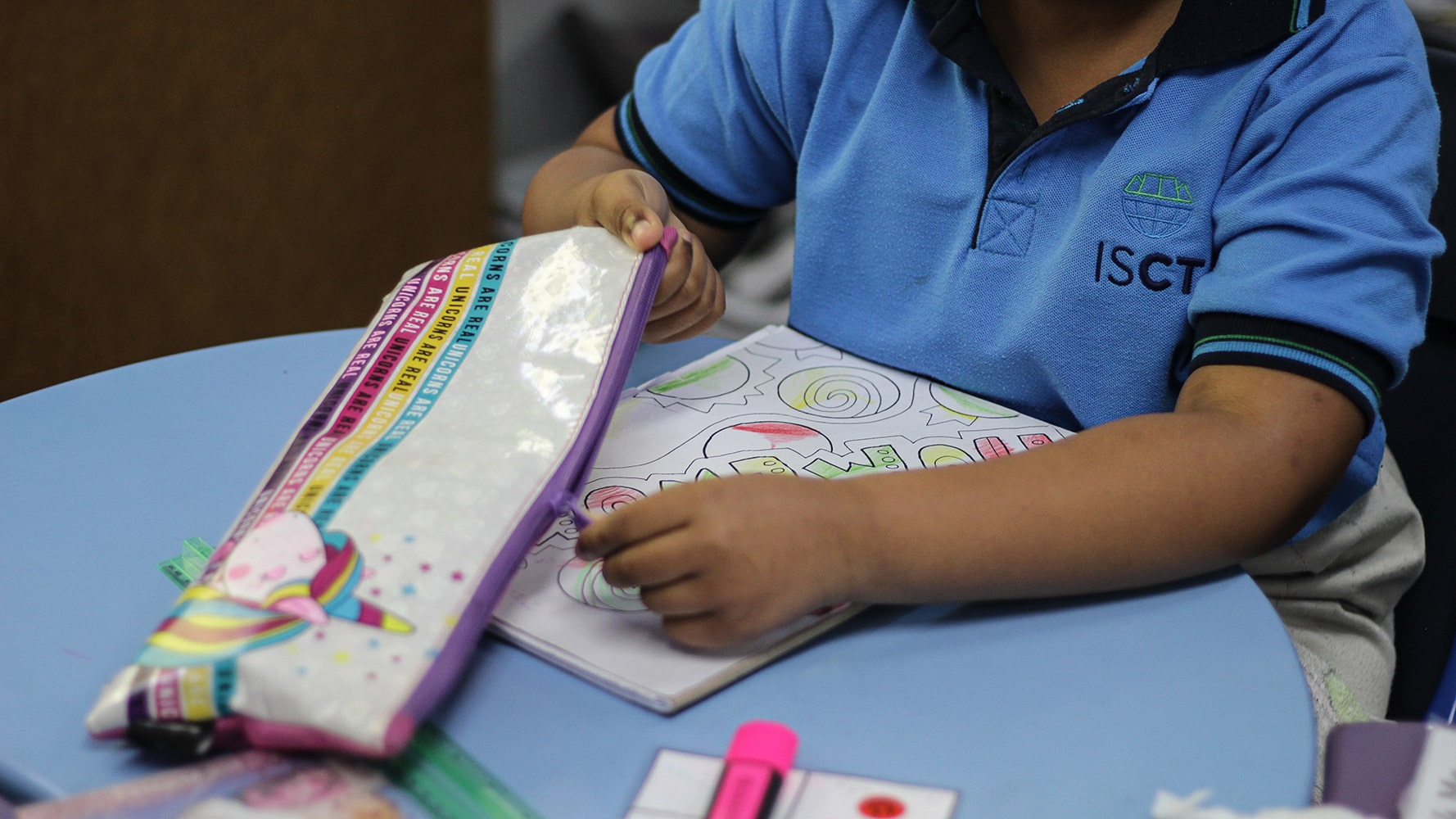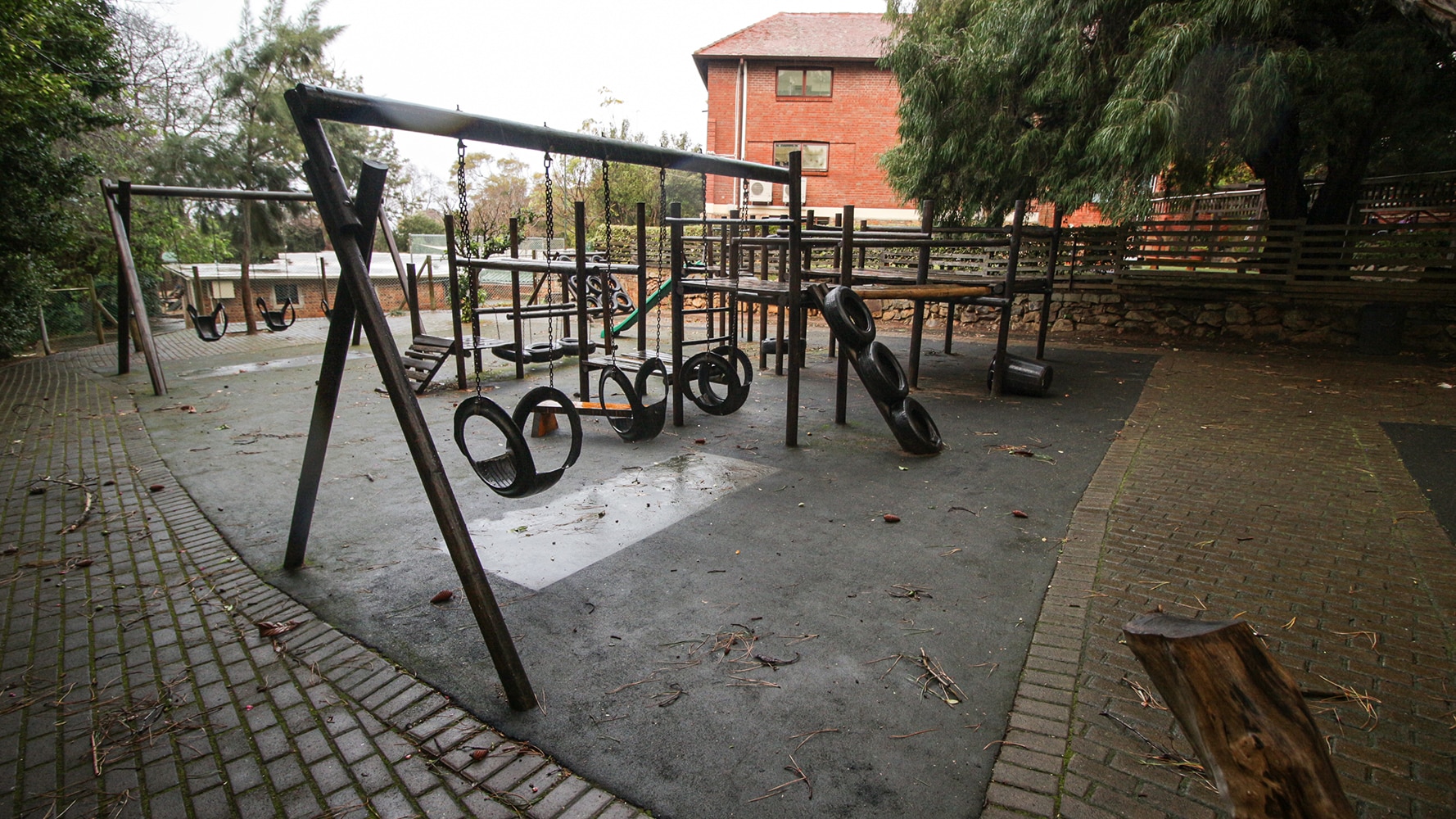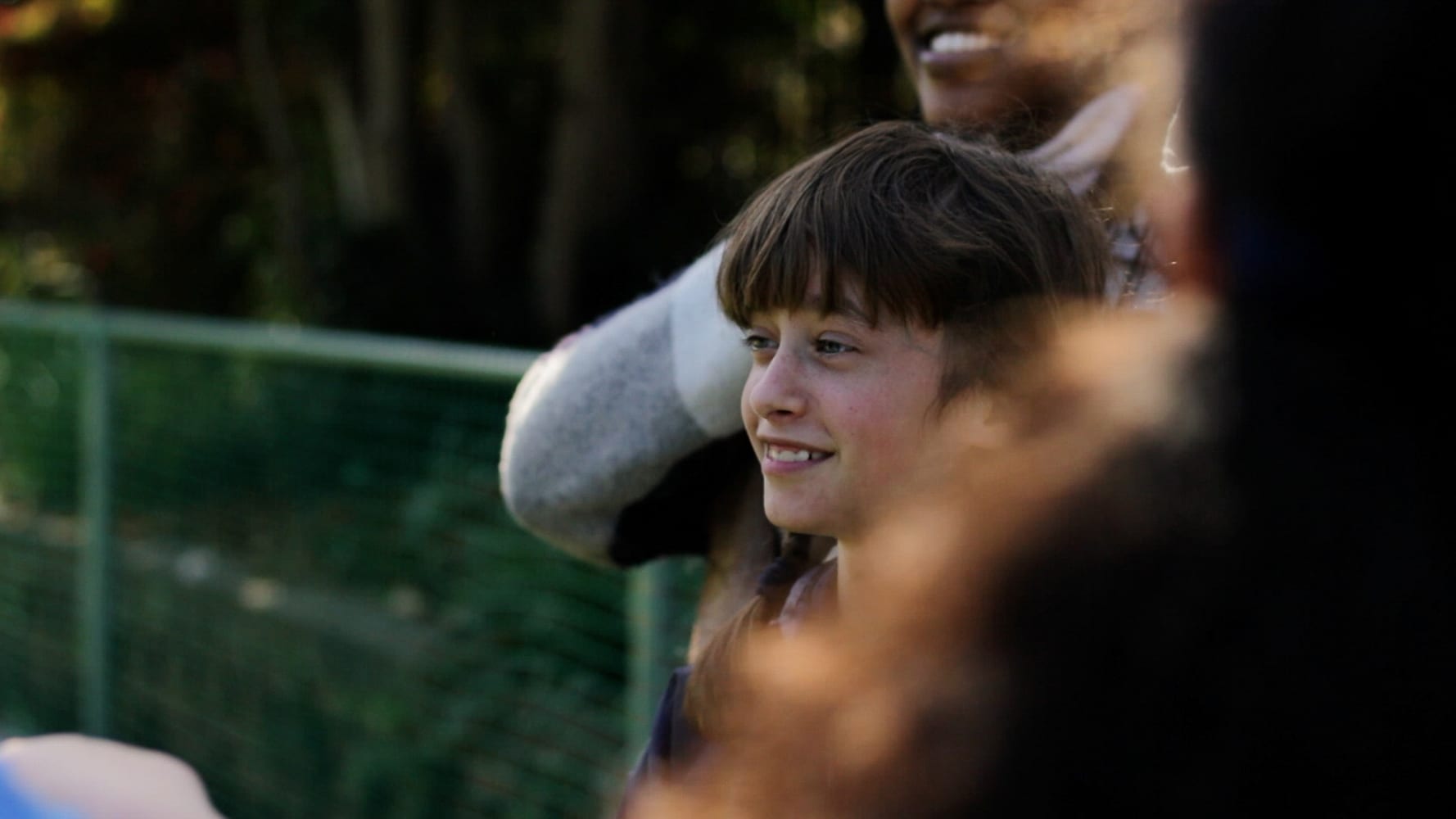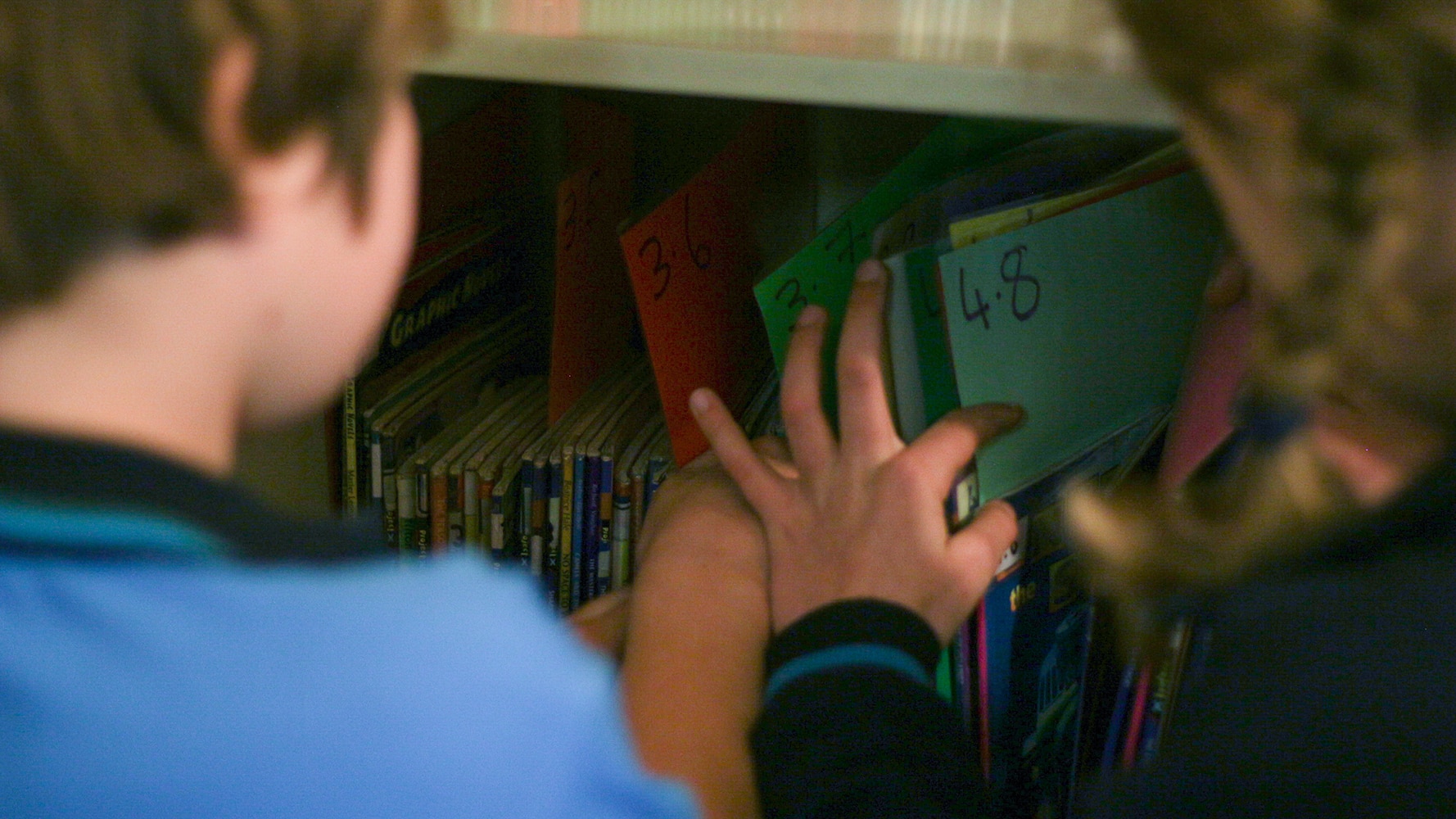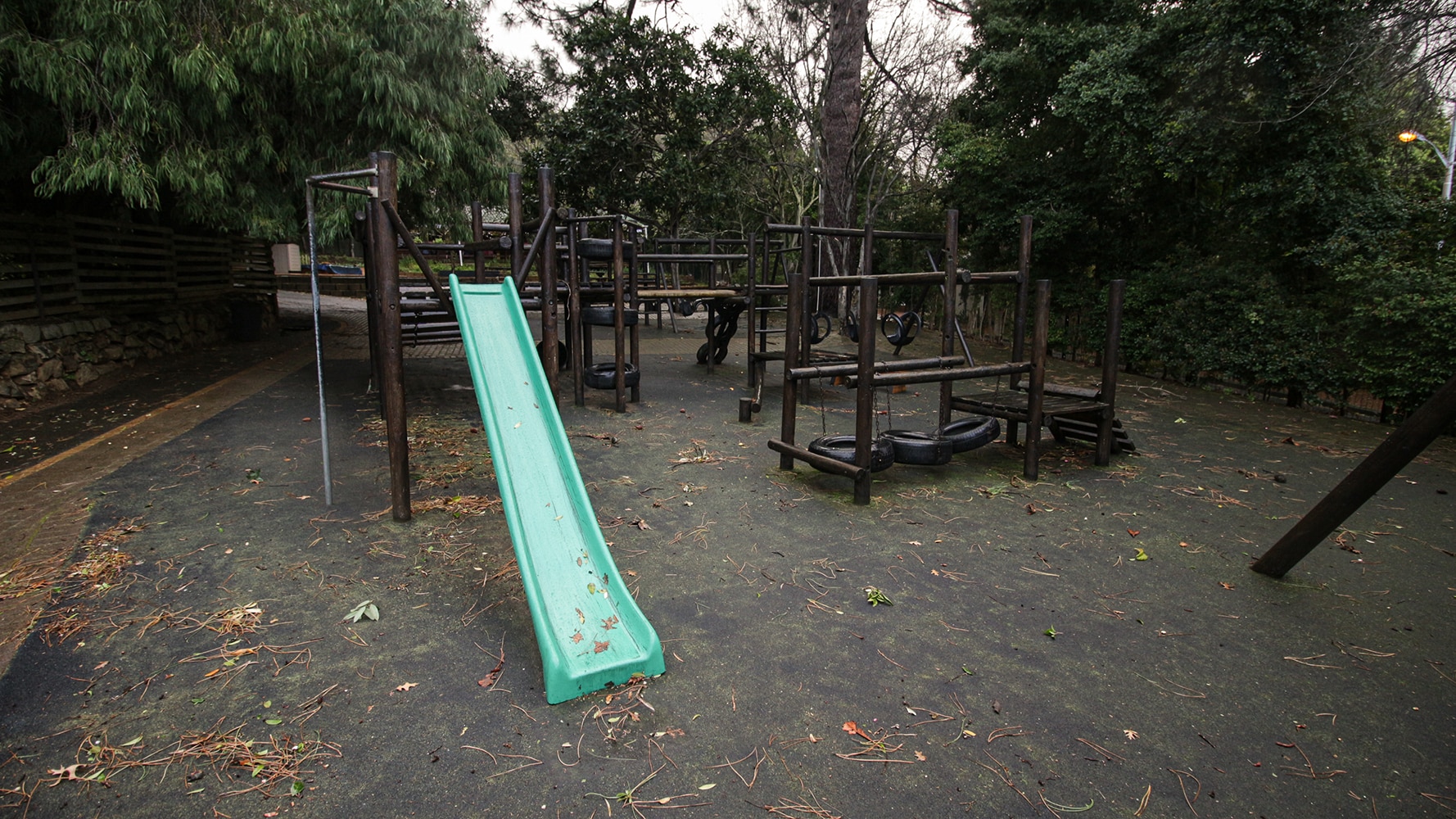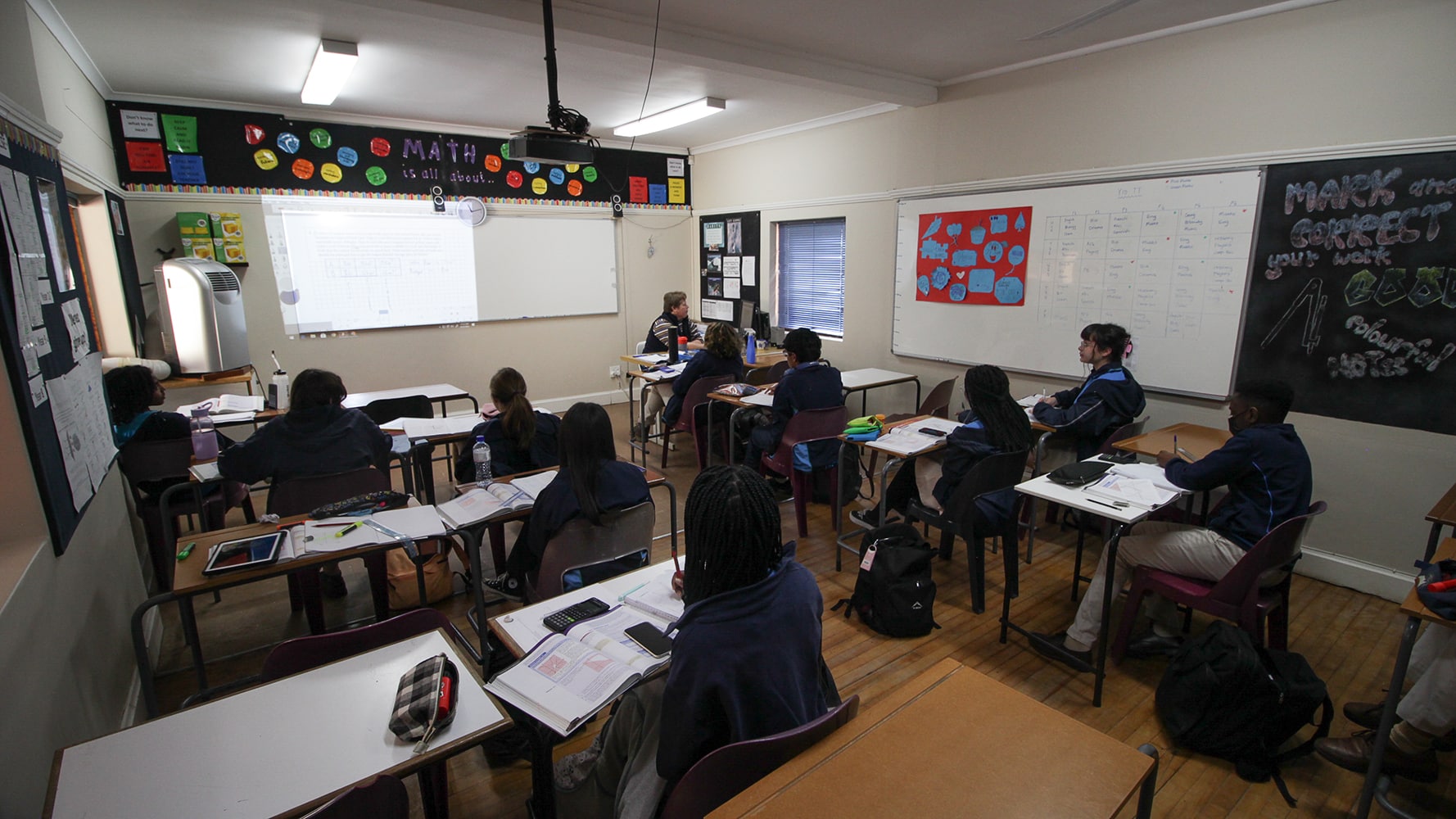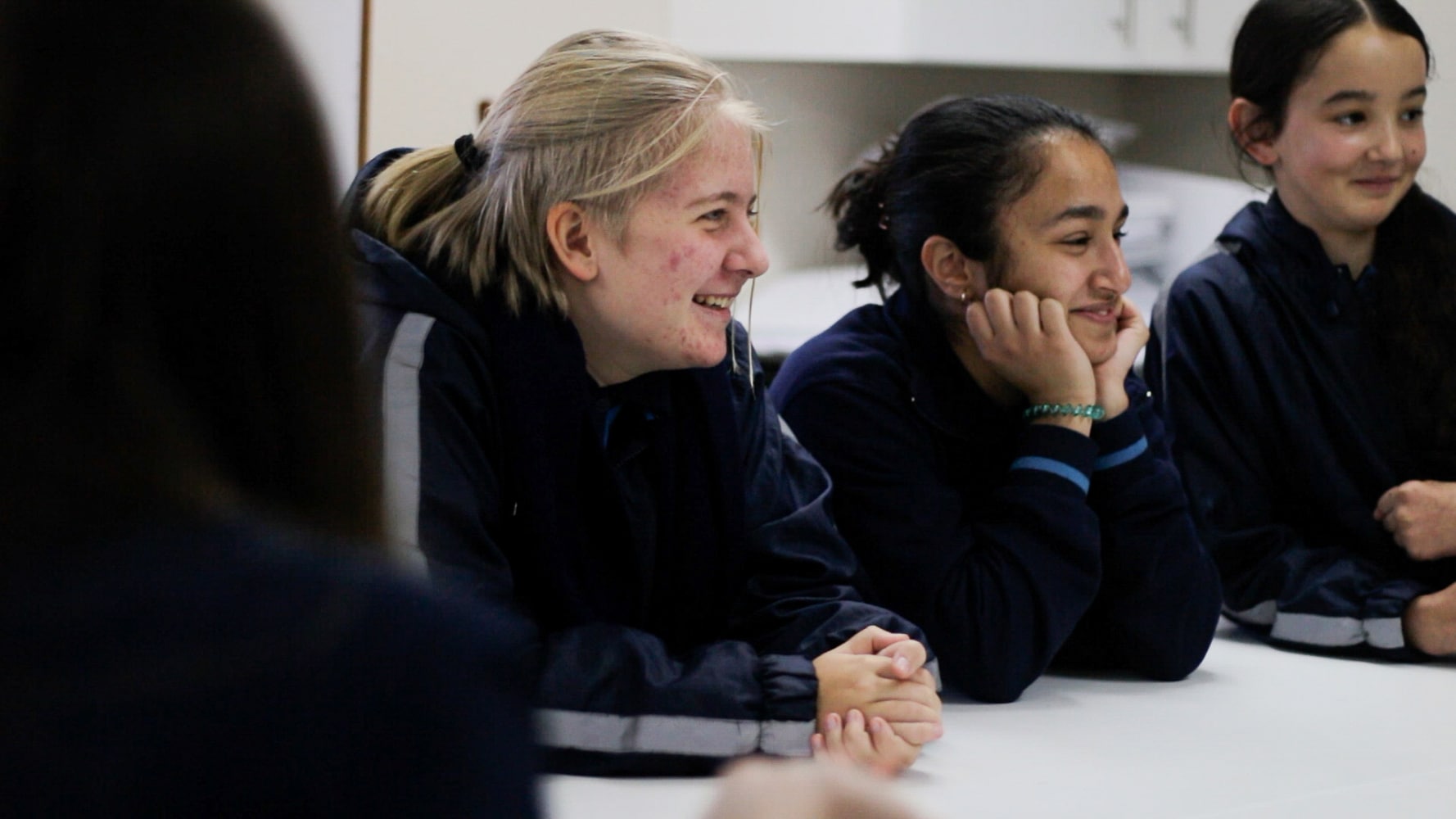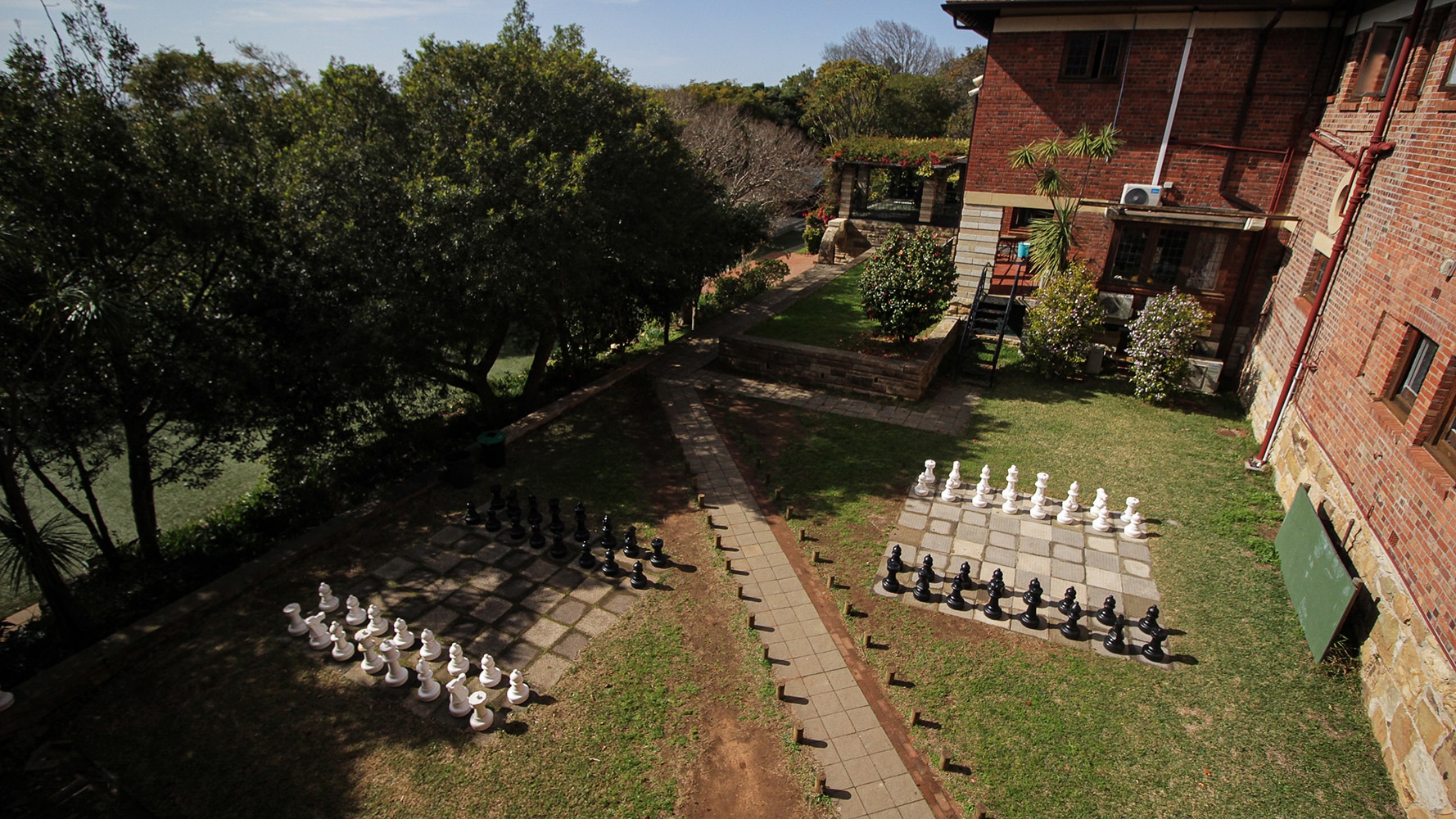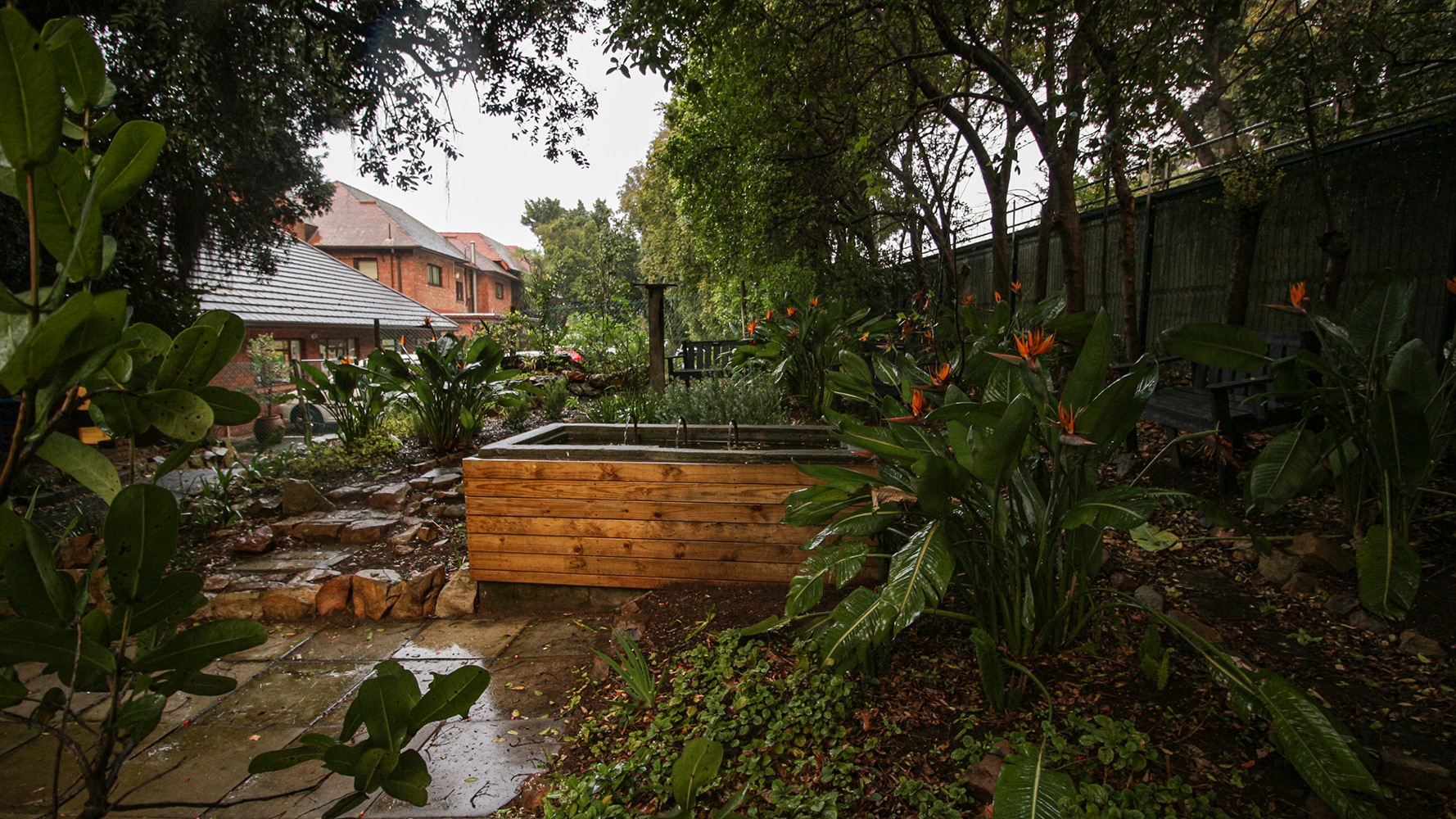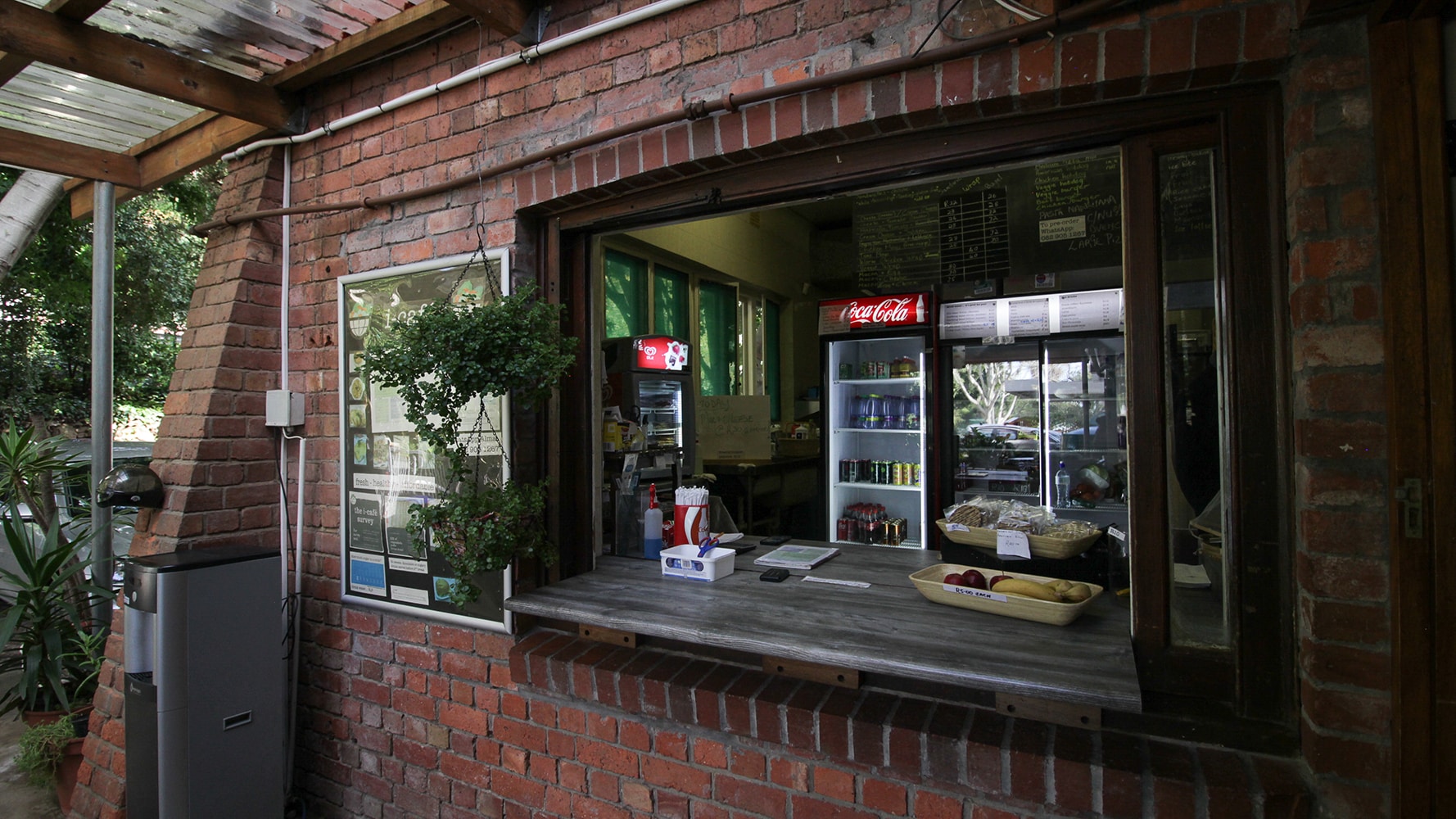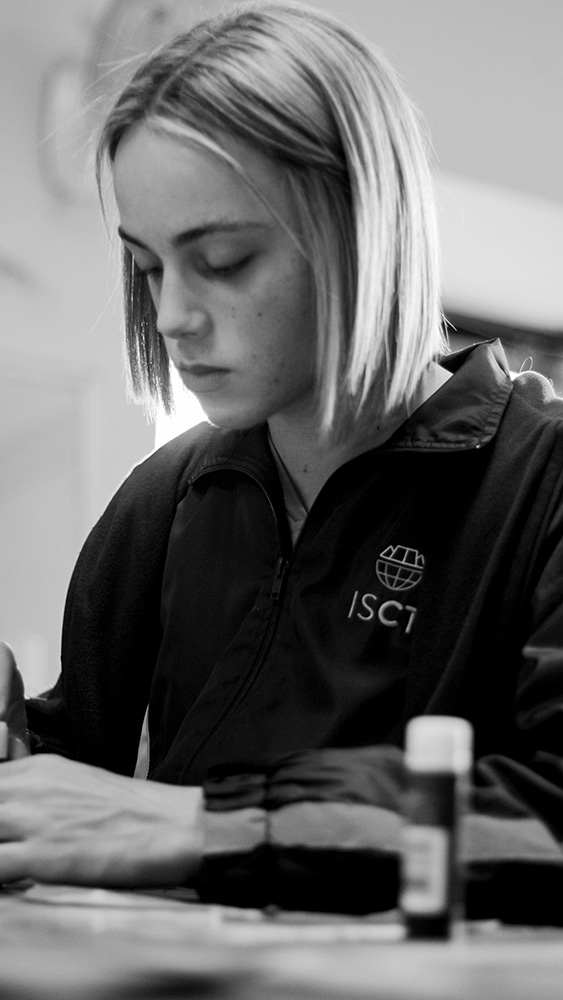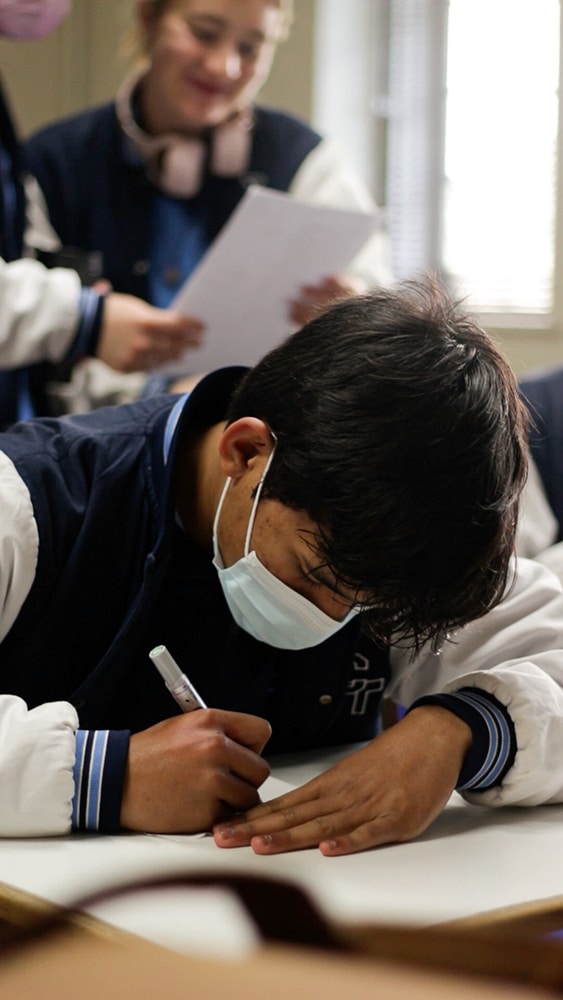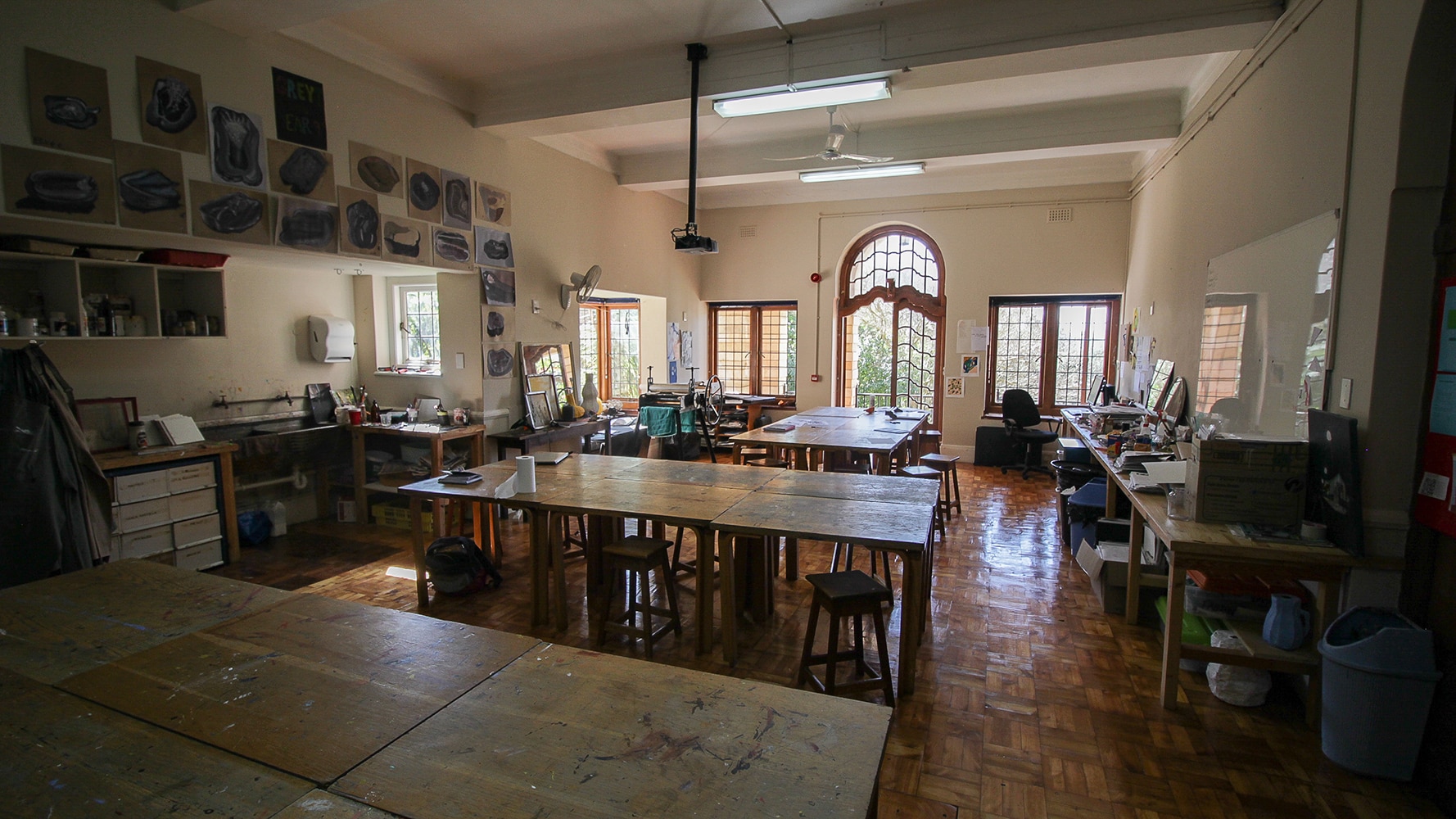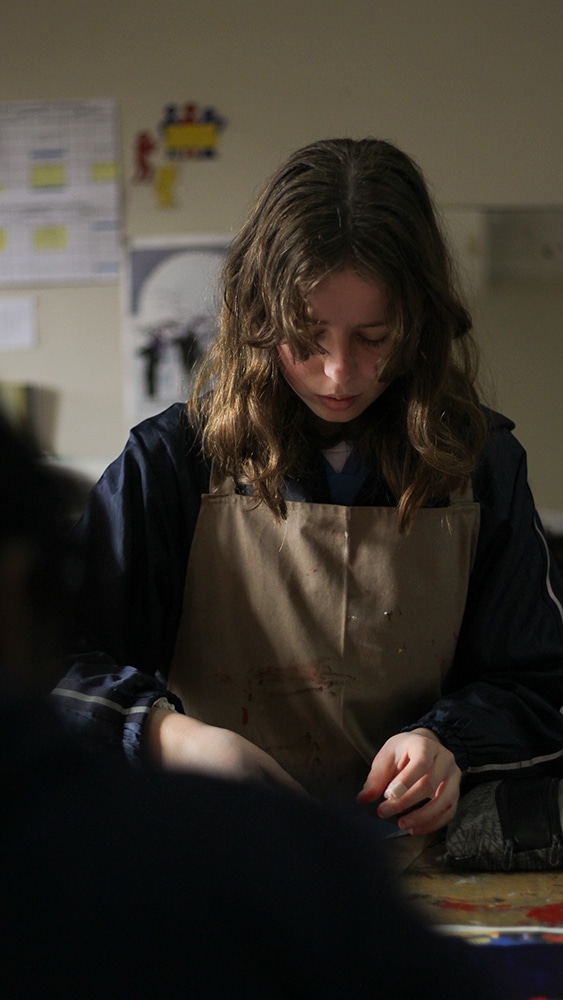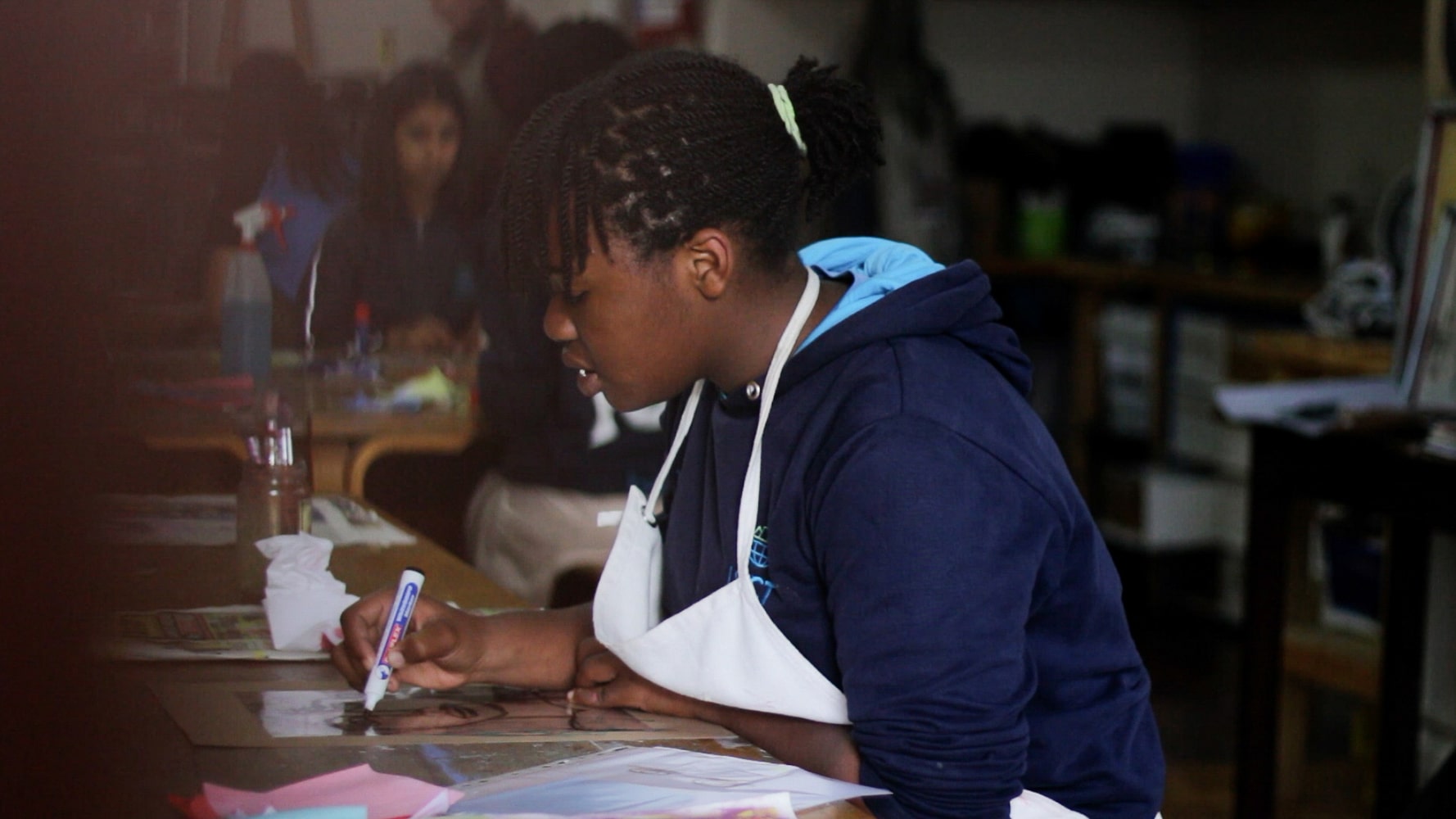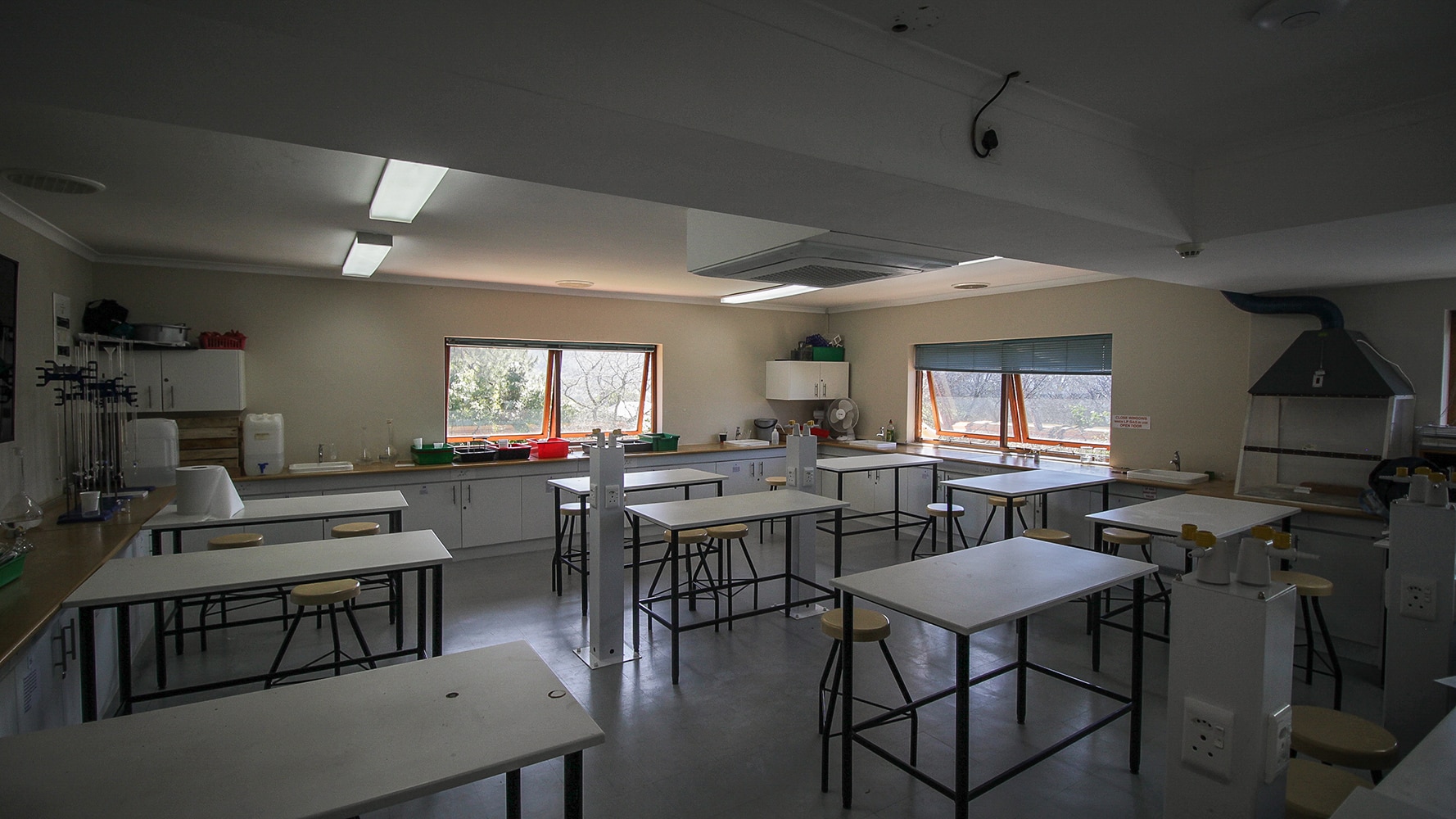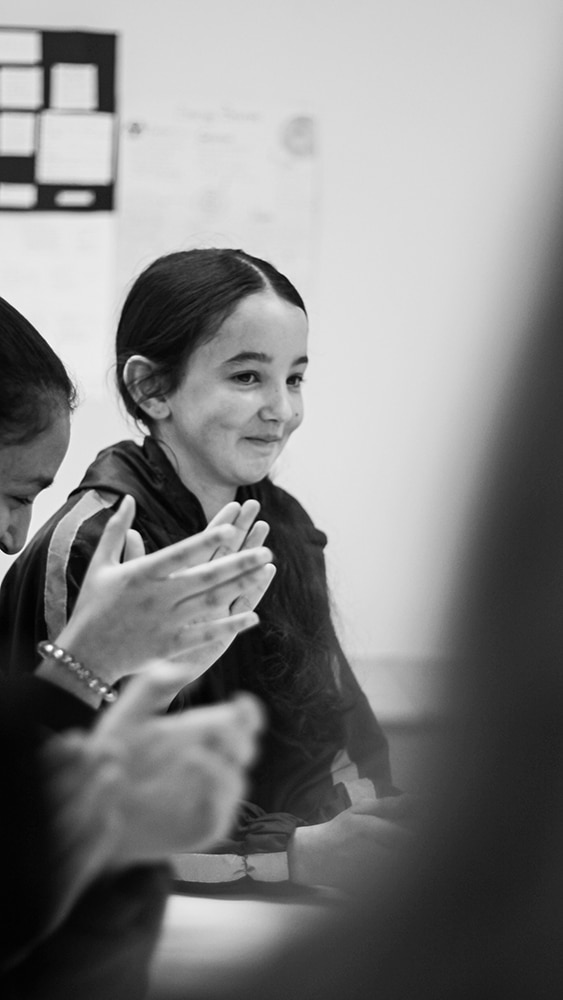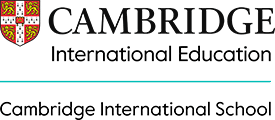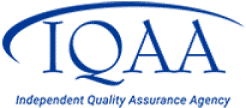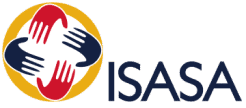Welcome to our beautiful Key Stage Two and High School Campus
WOODLAND HEIGHTS
Who we are
Welcome to Woodland Heights, home to Key Stage 2 (Years 3-6) and High School (Years 7-12/13).
Built in the 1920s, many of Woodland Heights’ beautiful features can still be seen around the building. Some say it reminds them of Hogwarts—minus the moving staircases of course! That said, there’s definitely magic in the air…
ISCT has called Woodland Heights home since 2002. In 2016, following a significant growth spurt, Key Stage 1 moved to their very own home up the road: Struben House.
The terraced gardens are where you’ll find children playing during break, as well as the younger students taking part in extracurricular activities. As for the older students, they have access to off-campus facilities in the area for sports practice and matches.
Watch our video
Enquire Now
*We accept applications throughout the year.
Key Stage 2 (Years 3-6)
At ISCT, we believe that through the UK curriculum we are able to provide a range of positive learning experiences that are richer and broader than merely covering content. It is our mission to equip students with the skills needed for an ever-changing world and a passion for a lifetime of learning. The approach and flexibility of this system allows us to work towards this mission by guiding children in cultivating empathy, creativity, critical thinking, resourcefulness and resilience – which are all skills and attitudes that will equip them for lifelong learning.
Mrs. Georgina Douglas, of Key Stage Two
The three main differences between the UK curriculum and the CAPS curriculum are:
- the different ages and stages;
- the coverage and sequencing within the curriculum,
- and the focus for assessment and reporting on a child’s learning.
These three areas are expanded on below to help clarify these key differences between a CAPS school and our UK-based system at ISCT:
Ages and Stages:
We use the UK terminology for our age groups, calling them year groups instead of grades.
Key Stage 2 is our upper primary phase comprising four year groups: Year 3 to Year 6.
| Age | UK Year Group | CAPS Grade (age-equivalent) |
|---|---|---|
| Turning 8 | Year 3 | Grade 2 |
| Turning 9 | Year 4 | Grade 3 |
| Turning 10 | Year 5 | Grade 4 |
| Turning 11 | Year 6 | Grade 5 |
Children turning eight will join Key Stage 2, although in the CAPS system they would still be in the Foundation Phase at this age.
Similarly, in the UK system children enter High School at a younger age, joining Year 7 in the year they turn 12.
Curriculum Coverage:
Nursery to Year 9: UK Government Curriculum
Year 10 and up: Cambridge curriculum & examinations
When comparing any education systems there will be differences in the focus and priorities. The CAPS curriculum introduces some skills and strategies at different stages to the UK curriculum. Students who stay within the UK curriculum throughout primary benefit from following a single curriculum as there are no gaps in exposure to knowledge and content which can occur when children cross over to the UK curriculum from another system such as CAPS. Some of the key differences between subject areas in the two curricula are outlined below.
In the English subject area, children are expected to write longer texts with paragraphs and specific style features earlier than in CAPS. The UK system places a higher priority on grammar lessons with the expectation that children recognise and use formal terminology and concepts at a younger age.
In Mathematics, the UK curriculum introduces division and fractions earlier on, as well as telling the time and calculating time-related word problems.Students who stay with us through all of Key Stage 2 benefit from following this scope and sequence, whereas children joining us sometimes require additional support from home or private tutoring to fill these gaps.
Science is introduced as a subject area much earlier in the UK system than CAPS, with a focus on investigative skills and understanding the concept of a ‘fair test’.
In Key Stage 2, Additional Languages are taught at a ‘foreign language’ level rather than ‘first additional’ or ‘second additional’ languages. We currently offer a choice of Afrikaans, French and Spanish which has been based on trends and demands abroad as well as languages that can be continued up to A-Levels through the Cambridge Curriculum.
Assessment & Reports:
In our primary school, we place a priority on children applying their knowledge to show their understanding rather than measuring their learning through formal testing focused mainly on recalling information. We don’t write traditional exams and children’s reports do not include test scores or percentages. Instead, reports provide feedback in terms of expected levels of understanding and application for that year group (grade).
Throughout the course of the year, teachers use a range of strategies to assess a child’s understanding and application. Testing is used as a tool to contribute to the overall picture of an individual child’s progress. Even more importantly, teachers use test results to adapt the subsequent teaching and learning to best suit the class and cohort. In the higher year groups, teachers also incorporate assessments that will help to develop children’s test stamina and skills in preparation for high school.
High School (Years 7-12/13)
Our core purpose in KS3 is to offer a curriculum that is international, diverse, exciting and challenging. Different from the basic South African curriculum, we endeavour to connect to and build on the knowledge, understanding and most importantly the skills developed during KS1 and KS2. This connection across the key stages allows us to prepare our students for the exciting and ever-changing world of work in the 21st century.
Mr. Phillip James, Head of Key Stage 3
Key Stage 3 (KS3) consists of Year 7, 8 and 9 – the first three years of high school. This is a significant difference to most South African schools where students start high school in Year 8. This extra year allows students additional time to settle into the structure and expectations of the Key Stage.
See the comparison below:
| Age | Year (UK/ISCT) | South Africa (Grade) |
|---|---|---|
| 4 | Nursery | |
| 5 | Reception | |
| 6 | Year 1 | 1 |
| 7 | Year 2 | 2 |
| 8 | Year 3 | 3 |
| 9 | Year 4 | 4 |
| 10 | Year 5 | 5 |
| 11 | Year 6 | 6 |
| 12 | Year 7 | 7 |
| 13 | Year 8 | 8 |
| 14 | Year 9 | 9 |
We offer a broad range of subjects at KS3, including the below. Our core subjects are English, Mathematics and Science.
| Subject in Year 7 – 9 | ||||
|---|---|---|---|---|
| Art | ||||
| Design and Technology | ||||
| Drama | ||||
| English | ||||
| Geography | ||||
| History | ||||
| ISCT (Computing) | ||||
| Mathematics | ||||
| Modern Foreign Language (French or Spanish) or Afrikaans (Second Language) | ||||
| Music | ||||
| Physical Education (PE) | ||||
| PSHE (Personal, Social and Health Education) – referred to as Life Skills in the South African curriculum | ||||
| Science | ||||
| Biology (offered in Year 9) |
We do not offer EMS (Economic and Management Sciences) included in the South African curriculum due to the nature and scope of our curriculum, however, we have incorporated aspects of Entrepreneurship in our teaching and learning.
In addition to the core and foundation subjects, our students are involved in several project-based learning opportunities including the:
- Year 7 Integrated Lunch where they learn about the history, culture and customs of diverse communities and countries.
- Year 8 & 9 Science Expo where they learn to do scientific research.
- Year 8 Market Day with the focus of developing entrepreneurial skills.
- Year 9 Movie Project where our students learn and explore a range of skills and interests.
At the end of Year 9, students will select the subjects that they will take at IGCSE (Year 10, 11) with the guidance of the Director of Studies and the Learning Support Team. At IGCSE they can begin to specialise in the subjects they enjoy, whilst still experiencing a broad and balanced curriculum.
Useful Information
Photo Gallery
ADMISSION ENQUIRIES
For all admission enquiries please contact:
Thirusha Abrahams admissions@isct.co.za 021-763 5300
ENQUIRE NOW
A SAFE SPACE IN SUPPORT OF YOUR CHILD’S HOLISTIC DEVELOPMENT
*We accept applications throughout the year.
TAKE A VIRTUAL TOUR
We have created an amazing virtual tour of the International School of Cape Town…
You will be able to get a view of Struben House. So, no matter where in the world you are – you can now get a real-life feeling of what we have to offer.

